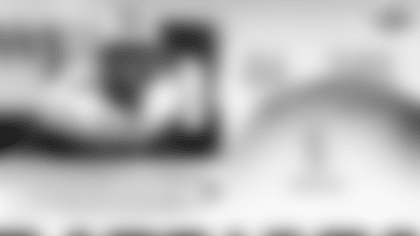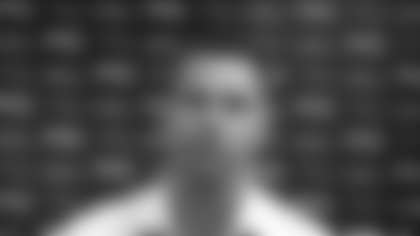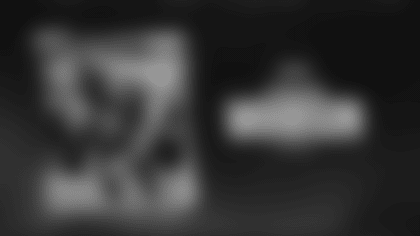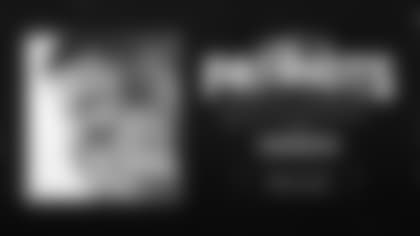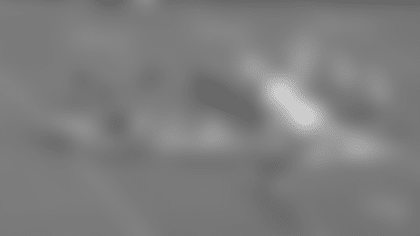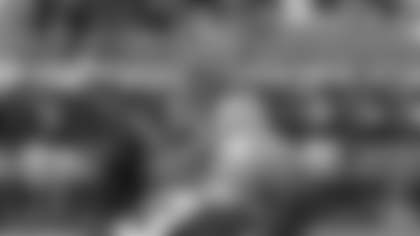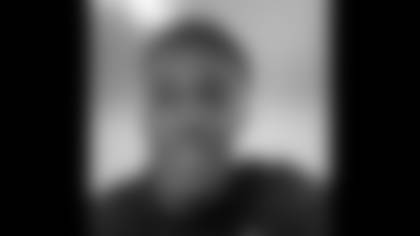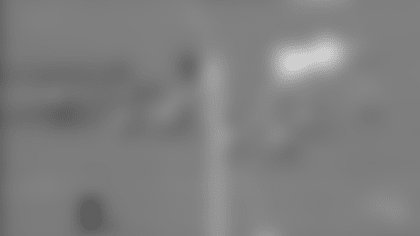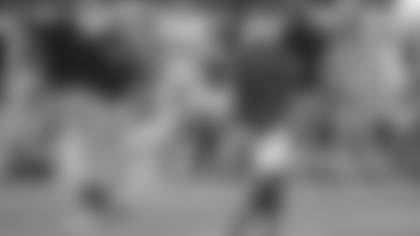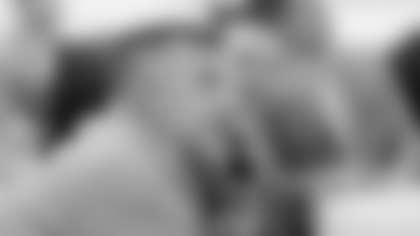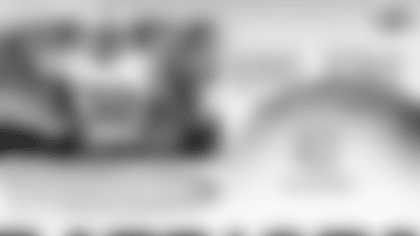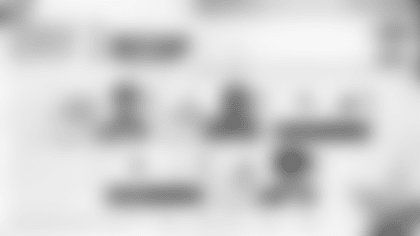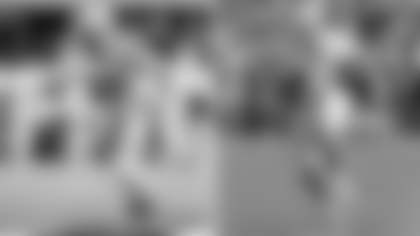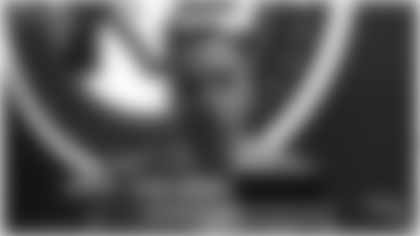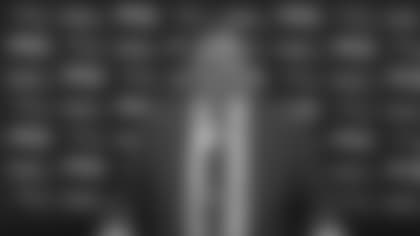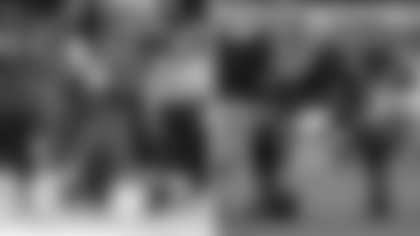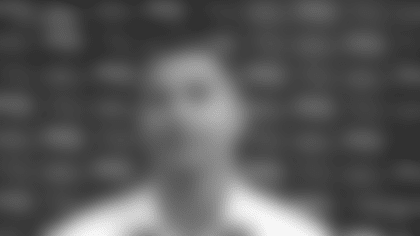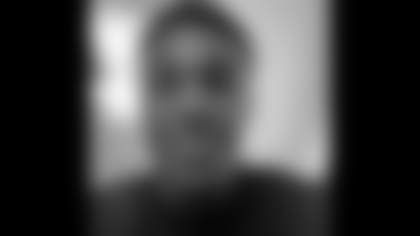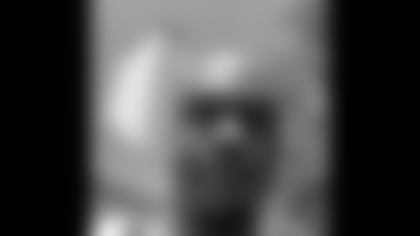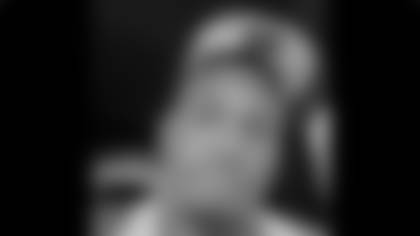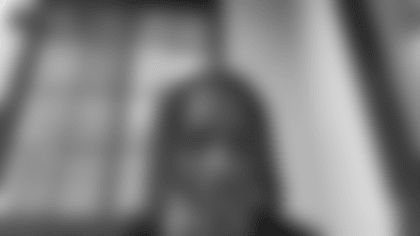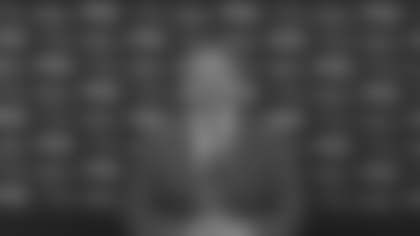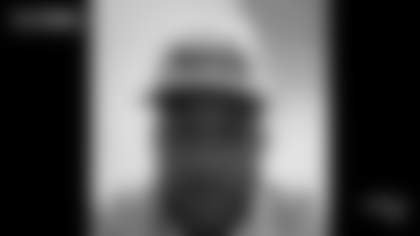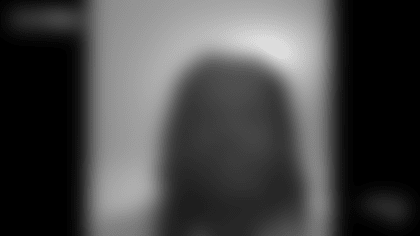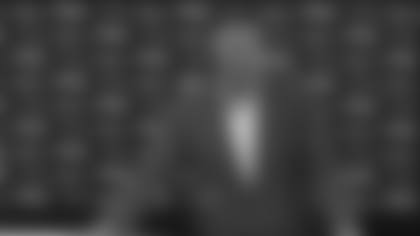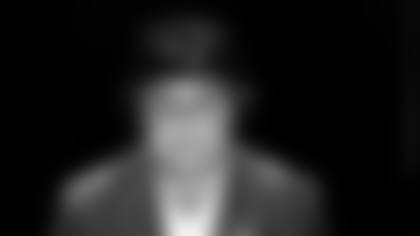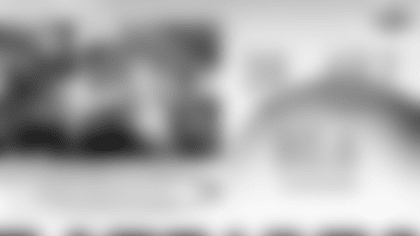**
Q:** It seems like you guys have been able to get multiple sizeable momentum plays out of your special teams unit over the course of the season. What sort of impact have they had as a group on the success of the team this year?
BB: I think special teams always has a huge impact on the game. We talk about it being a third of the game, and it's probably pretty close to that. Certainly those are plays where the ball is, either points are involved on field goals or the ball is being exchanged. A lot of things can happen when the ball gets exchanged or attempts to get exchanged. Those are difficult plays in terms of ball handling. We put a lot into that. I think that Coach [Scott] O'Brien and Coach [Joe] Judge do a great job every week of game planning and preparing our players to execute our plays, but also being aware of situations and opportunities and matchups that occur in those areas. We try to prepare the best that we can every week for that. There are so many kicking situations that it's really impossible to practice or prepare for all of them. But you hope over the course of time and accumulation of games and reps and practice situations that you're eventually ready for all of them. But each one is unique and different because of the kick and the flight and angle and direction of the ball, in addition to all the other time, score, situations, weather conditions and so forth that all play into some of those situational plays as well. Our guys work hard at it; players work hard. Matt Slater [and] some of the other veteran players have given us great leadership in that area and the coaches work hard, too, so it's a good group effort. You love it when those guys have production that they've worked so hard for; to see it materialize and happen on the field and impact games.
**
Q:** What did you see on the blocked field goal - it seemed like it was well executed? It seemed like the guys on the line cleared a space for Jamie Collins to squeeze through. What was Kyle Arrington's role on that play? We're used to seeing him dive across the formation and on that play it looked like he stood by. Was he protecting against a fake or waiting there in the hope that Jamie would block it?
BB: Going back to the first part of the question, yeah, I think it was really well executed all the way across the board. It was kind of an unusual play where normally on kick blocks you see the players on the line of scrimmage and somebody gets through the gap and will penetrate and get in the line of the flight of the ball. But in this case, Jamie started behind the line of scrimmage and the play opened up with Vince [Wilfork] and [Sealver] Siliga where he was able to shoot through the gap there. With his athleticism and length [he was] able to time it and get his hand on the ball. It was well executed by a number of guys. Without that opening, he wouldn't have been able to get through. Without the right timing, he might have gotten through, but might not have gotten the ball. It was well executed by the entire unit: using up certain blockers, creating space and then getting through that space and doing it in the proper way so it could affect the flight of the ball. Yeah, and when you try to penetrate an inside gap like in that type of situation, you don't really need the outside guys coming around because, different, but sort of like on a punt block, you have guys going to the ball, but you don't want one guy to get in the way of somebody else who might be coming free. In this case we kind of hoped that the penetration by Jamie would get us the play as opposed to somebody else coming in there and possibly knocking him off or getting in the way of that. So Kyle's role on that particular play was to do what he did, which was to occupy the wing and then if the ball was blocked, to put himself in a position where he could react to the block and scoop and score, which is exactly what he did. A lot of times when you come from the left or right outside, like what you were talking when Kyle goes diving across in front of the kicker, the opposite corner or the opposite end guy – whoever it is, corner, safety – in case the ball is blocked, then he is in position to do that on the other side. Kyle was doing what he was supposed to do on that play and took advantage of the fact that he was alert and it happened and he was able to take advantage of it because it was pretty close there. If it had just been a split second later, he probably would have got tackled or maybe he wouldn't have been able to get the ball, but he got it just in time there and was able to out-run everybody. But the quickness with which he got on the ball was really the key to the big return.
**
Team photographer, David Silverman, offers his best photos from the Patriots game against the Miami Dolphins at Gillette Stadium on Sunday, December 14, 2014.
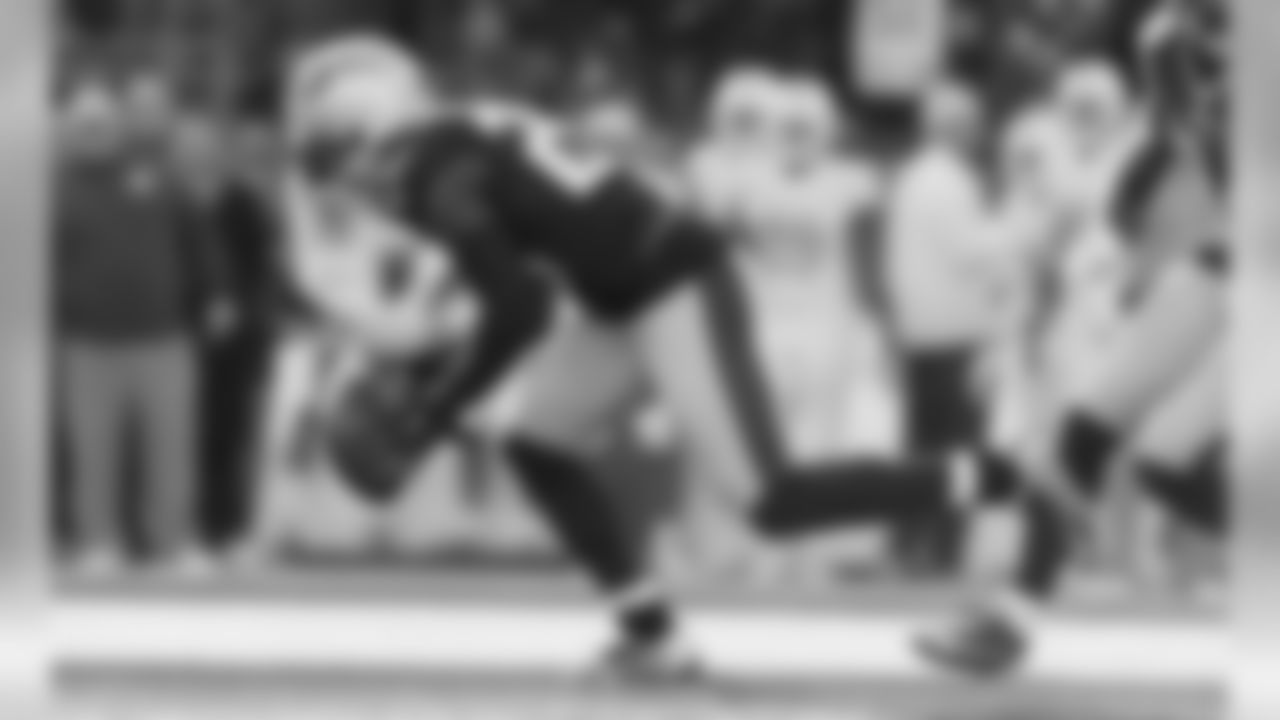
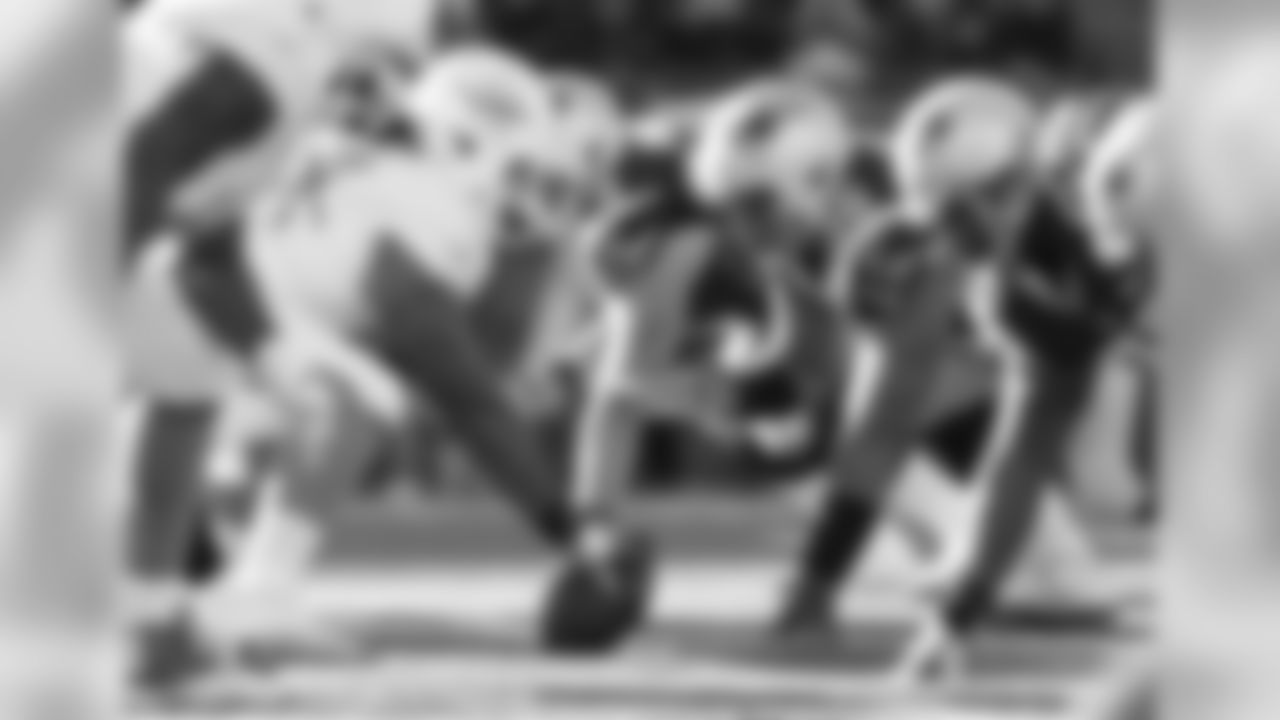
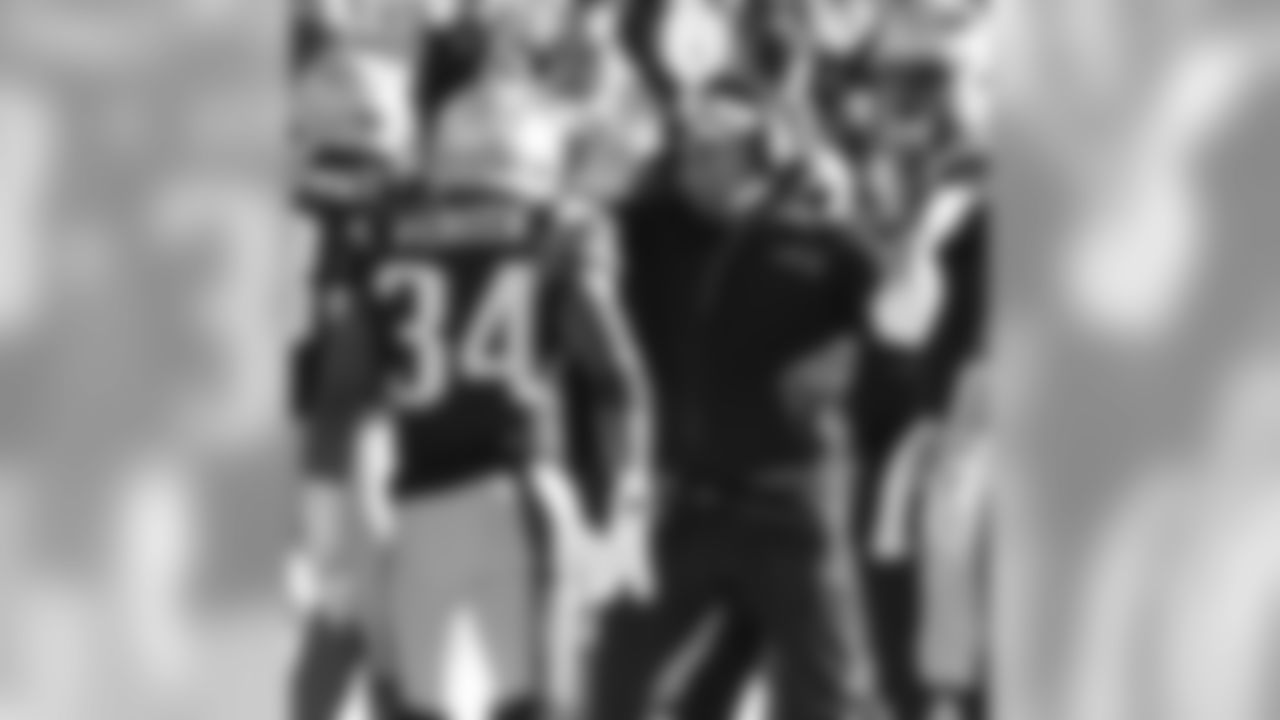
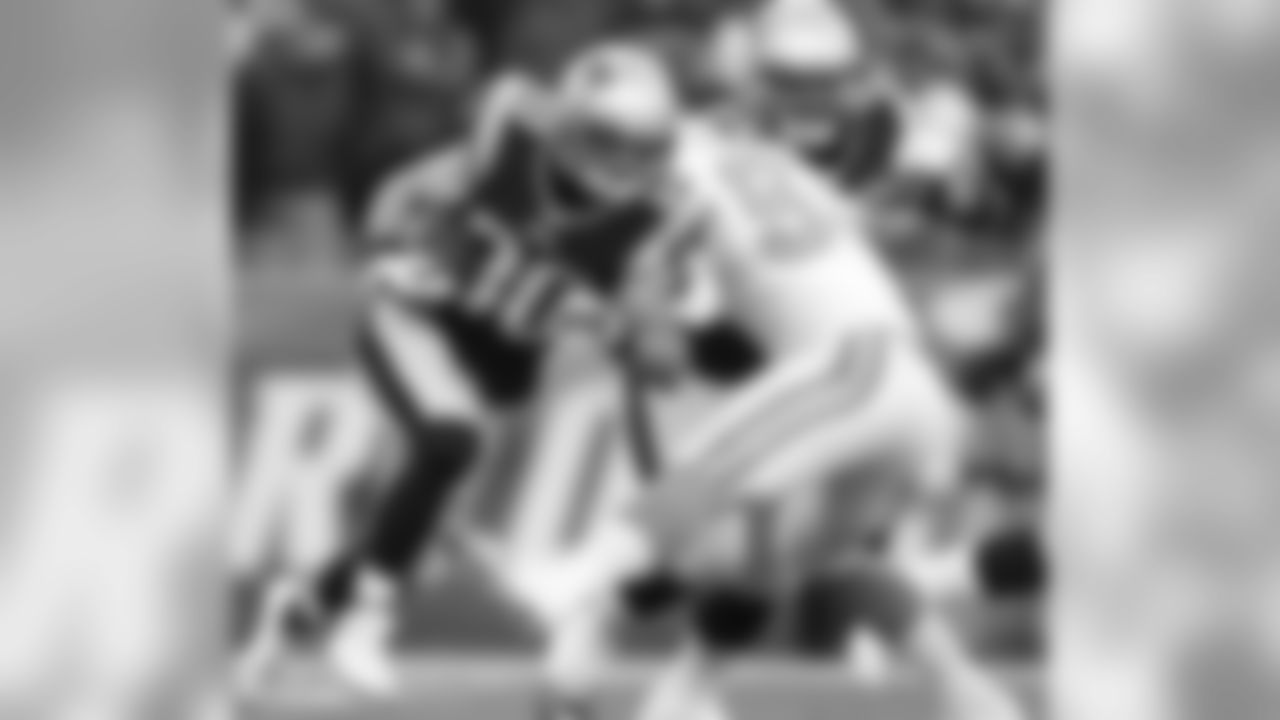
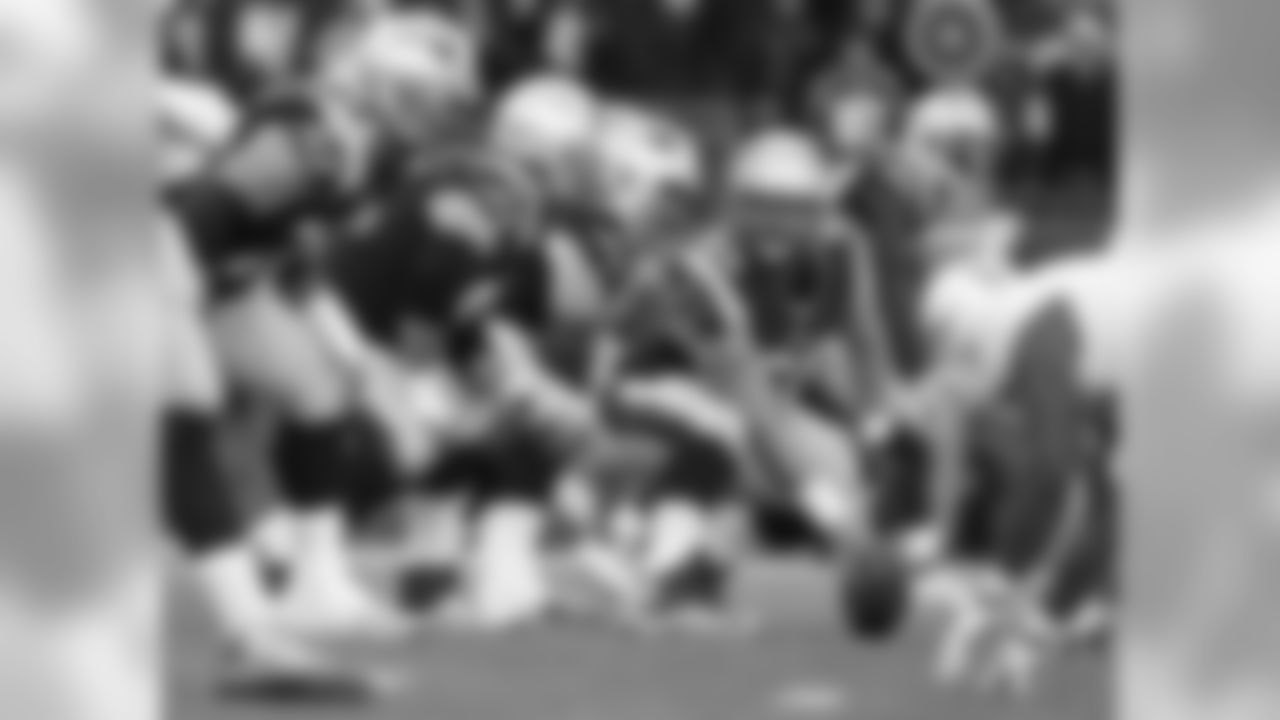
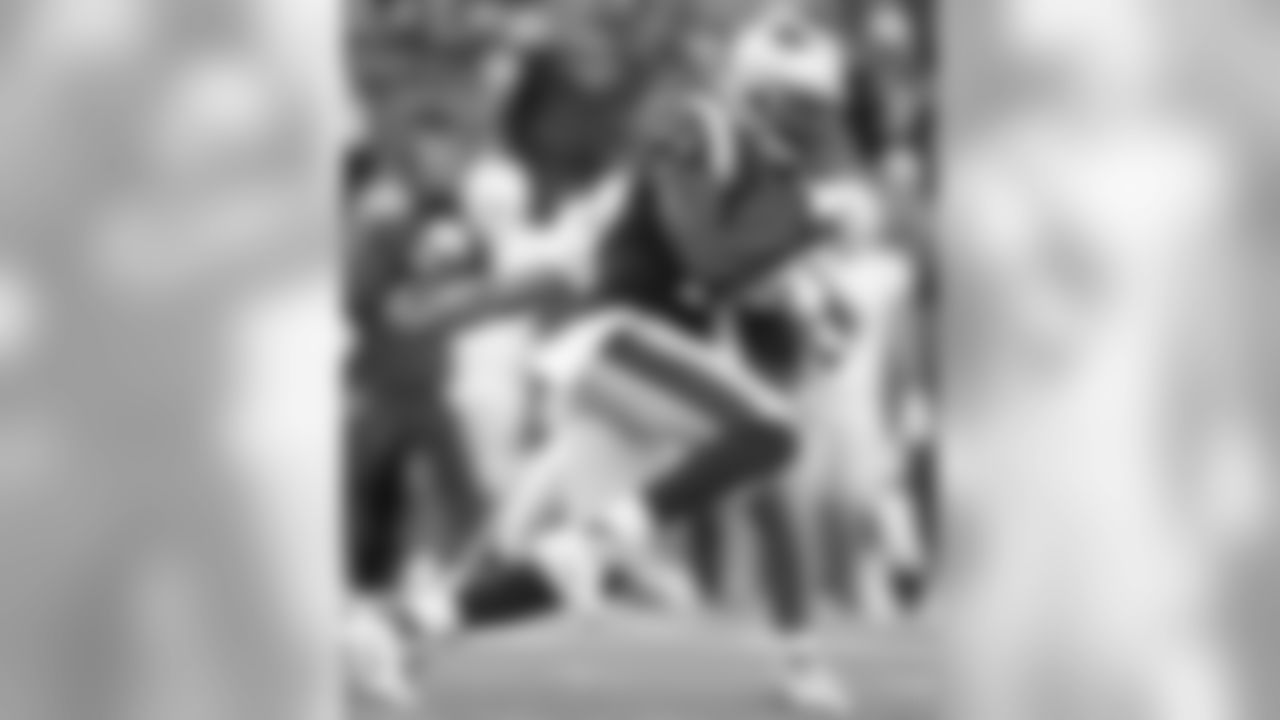
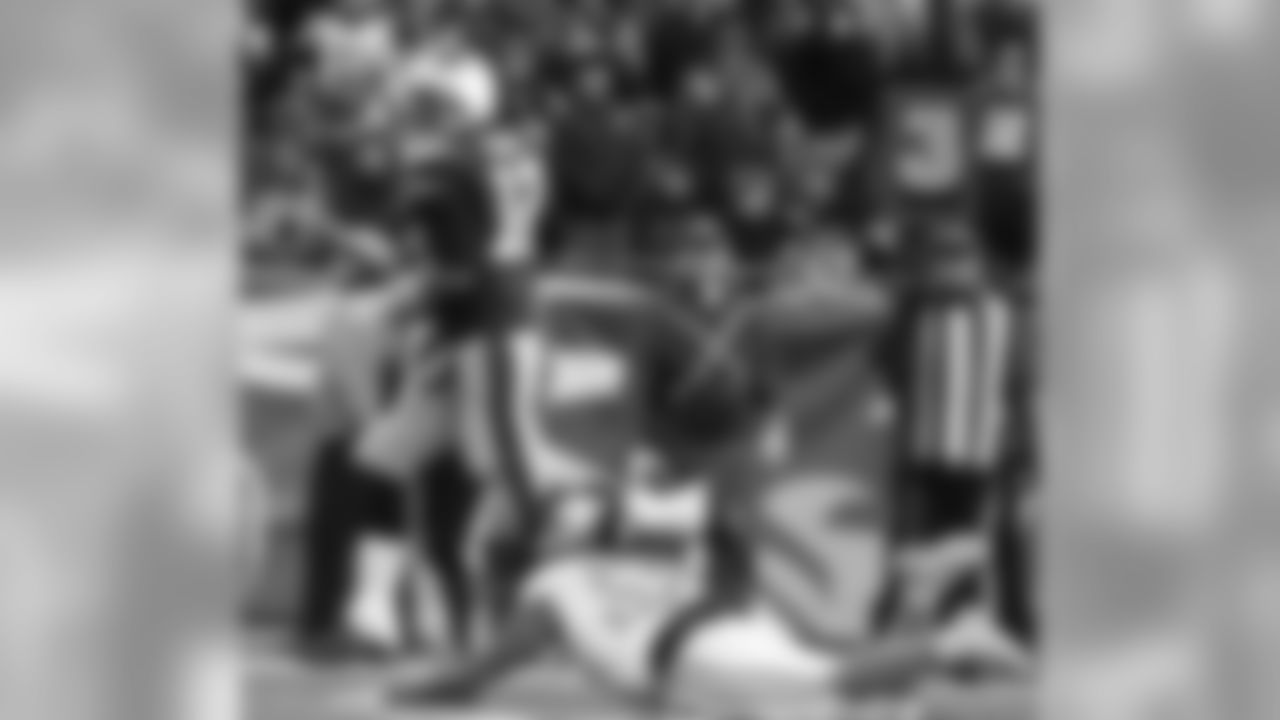
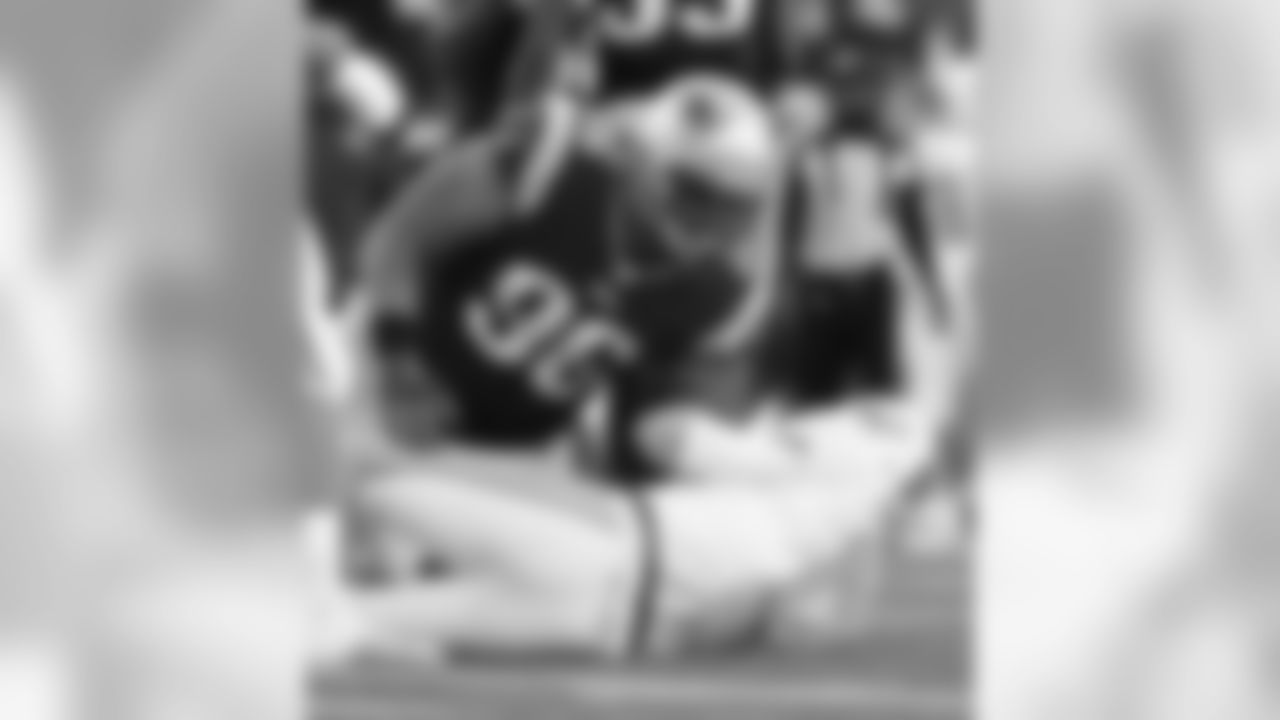
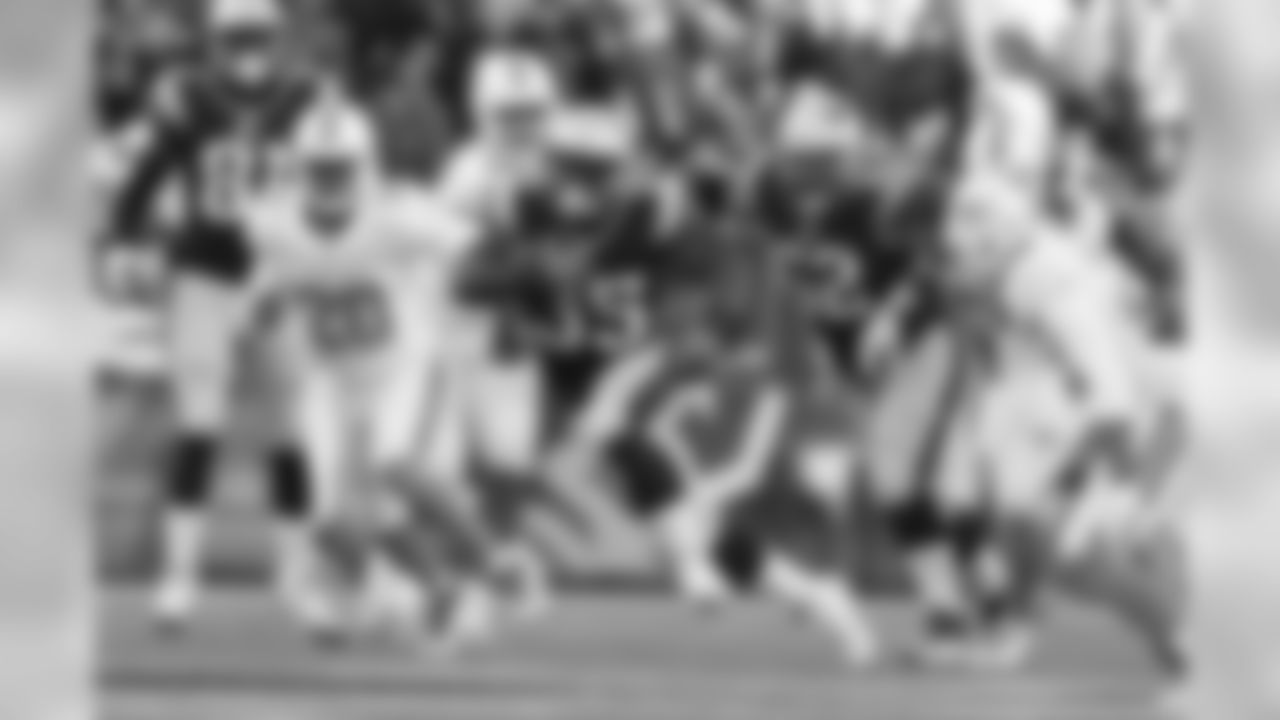
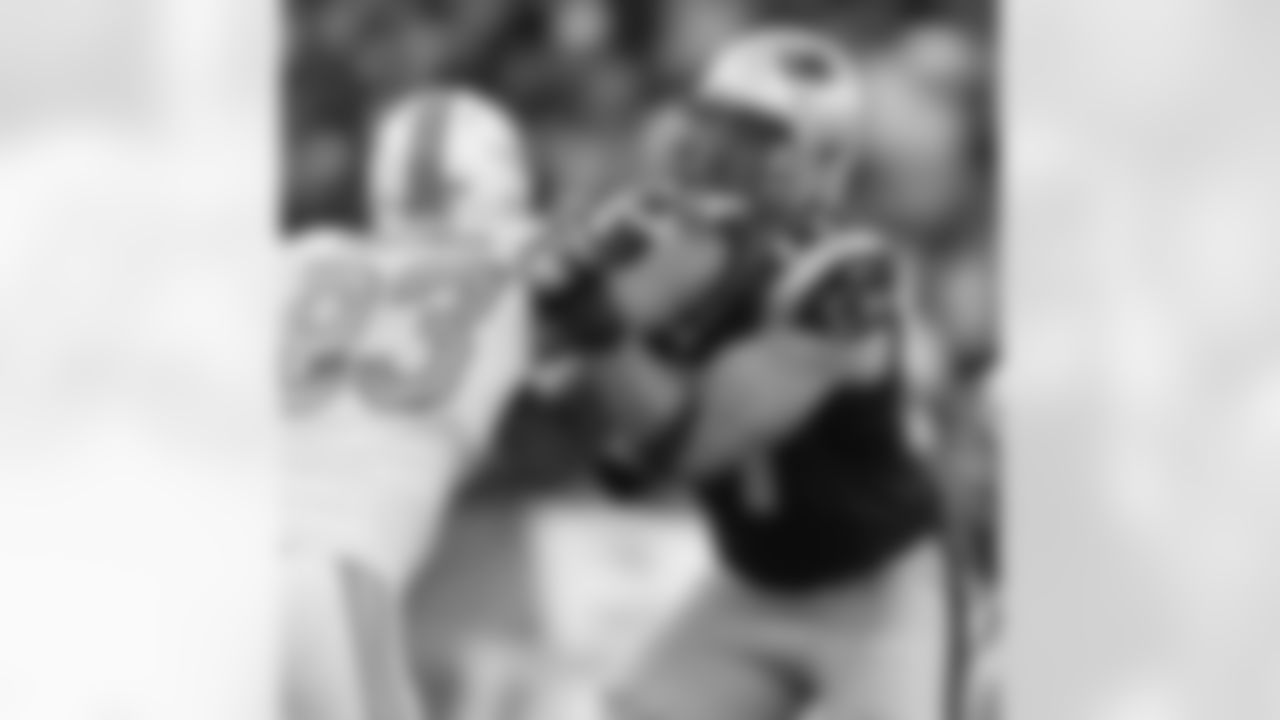
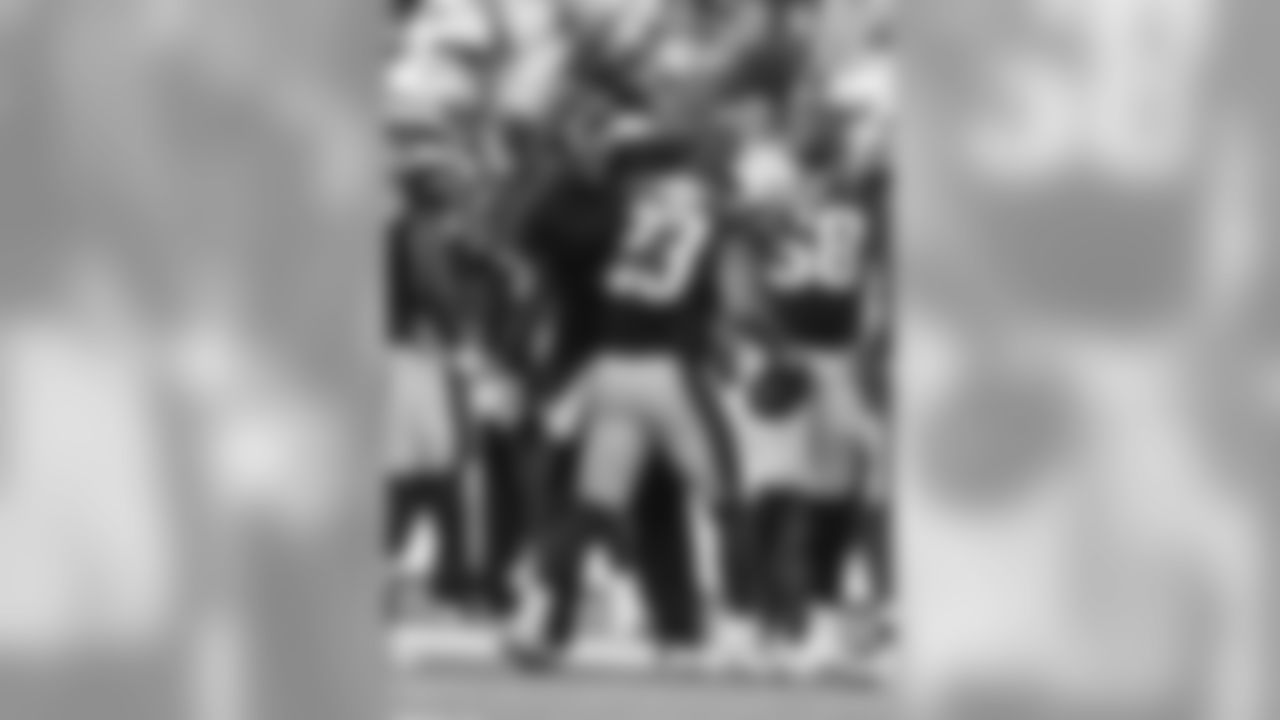
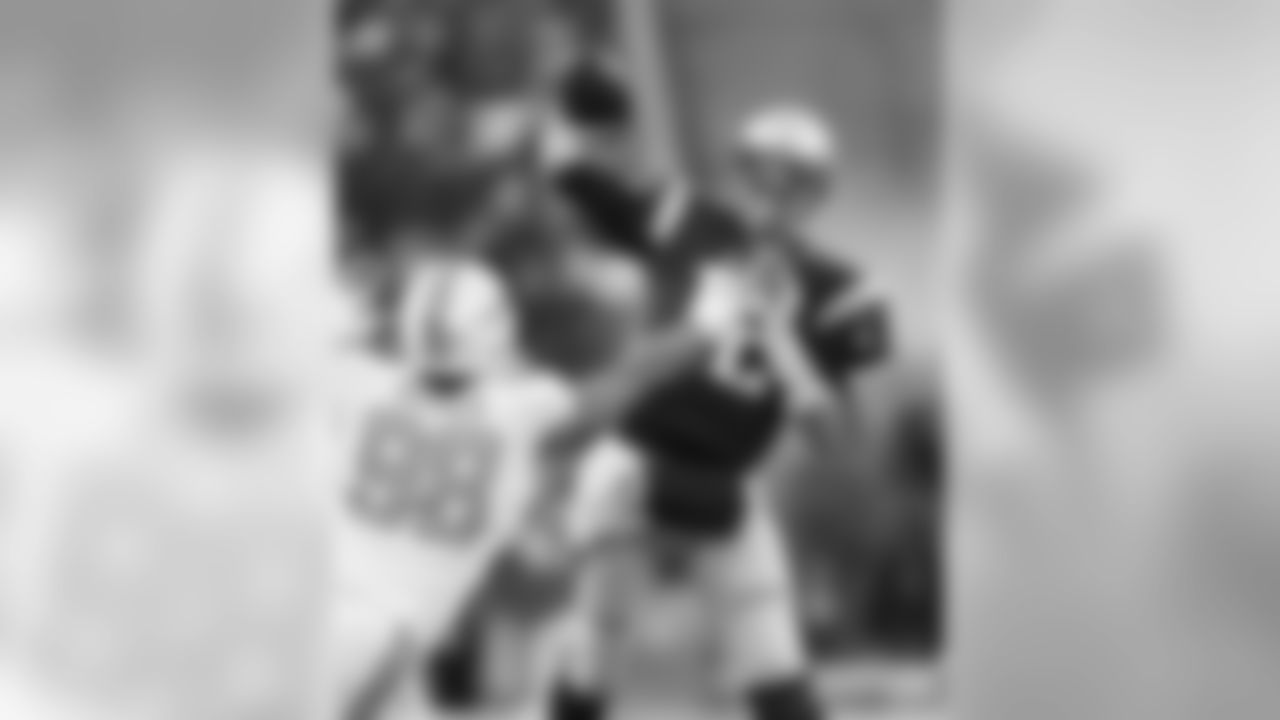
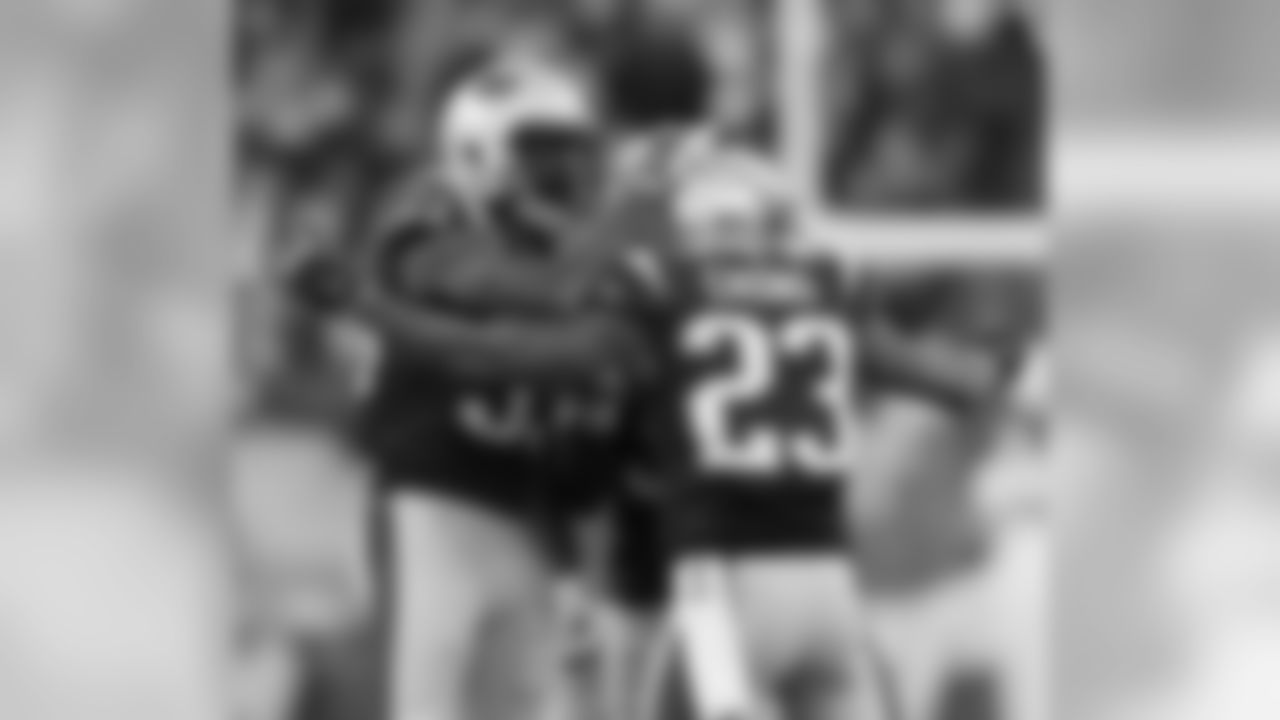
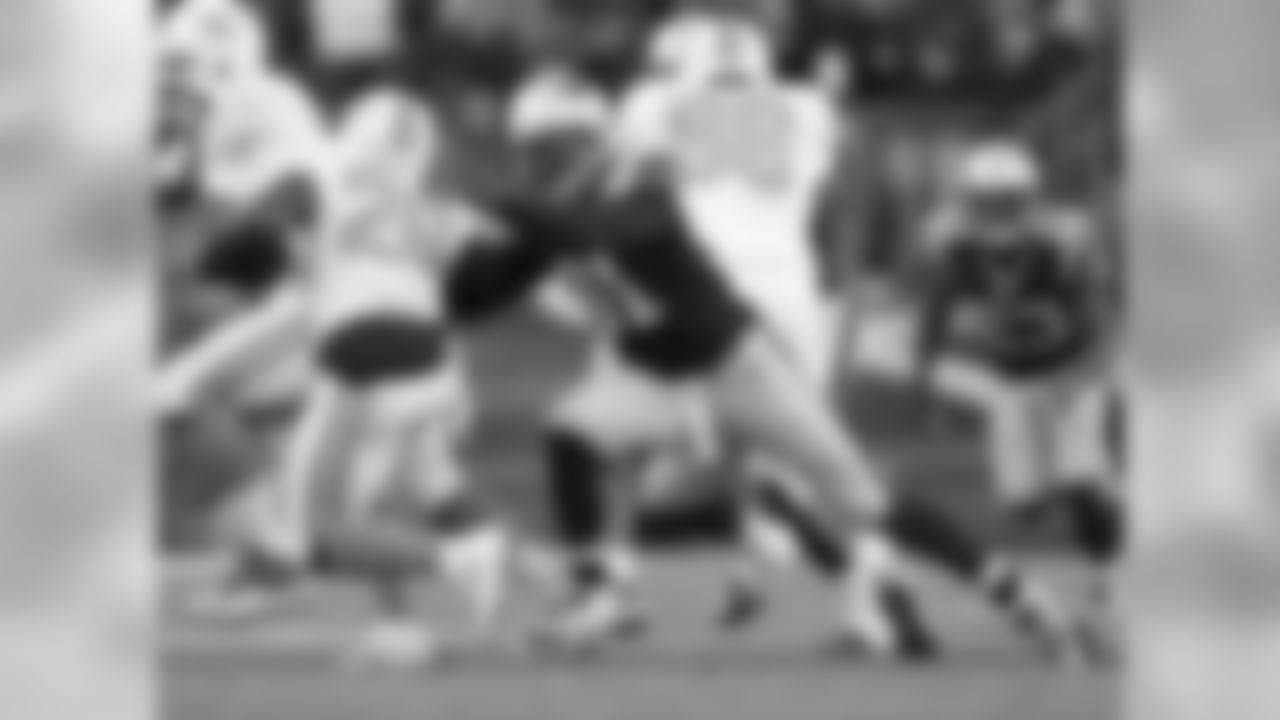
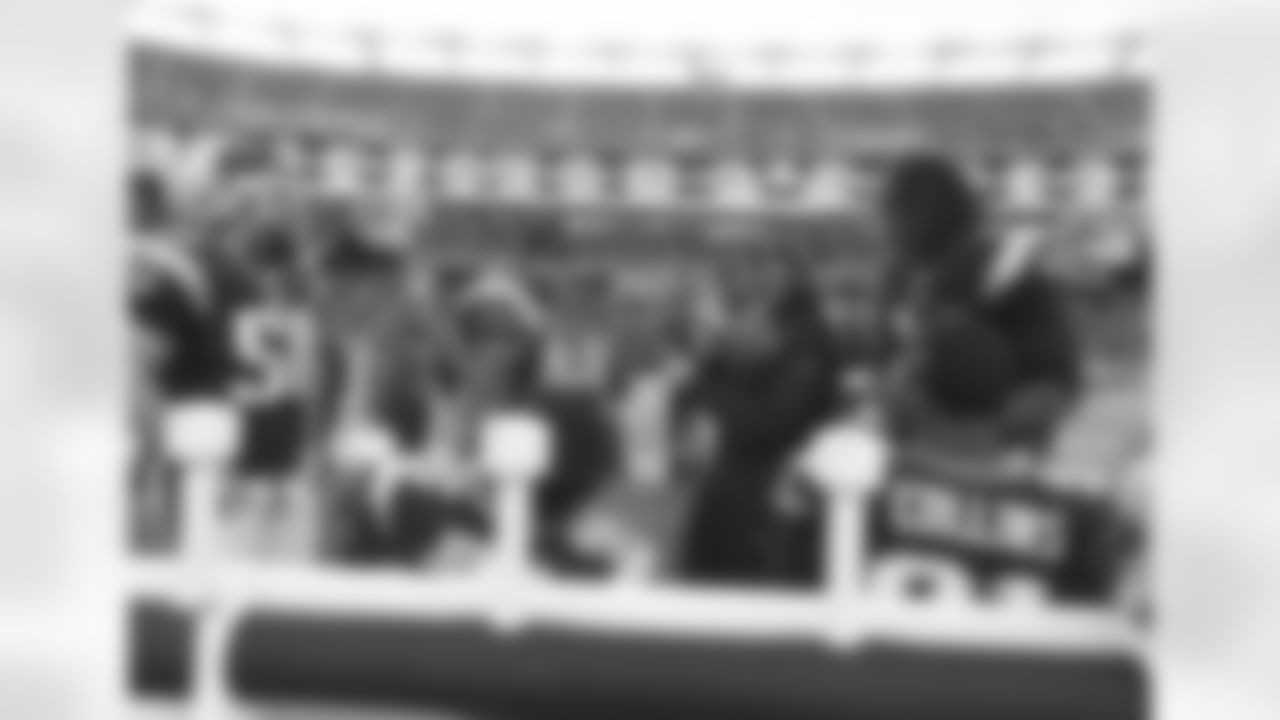
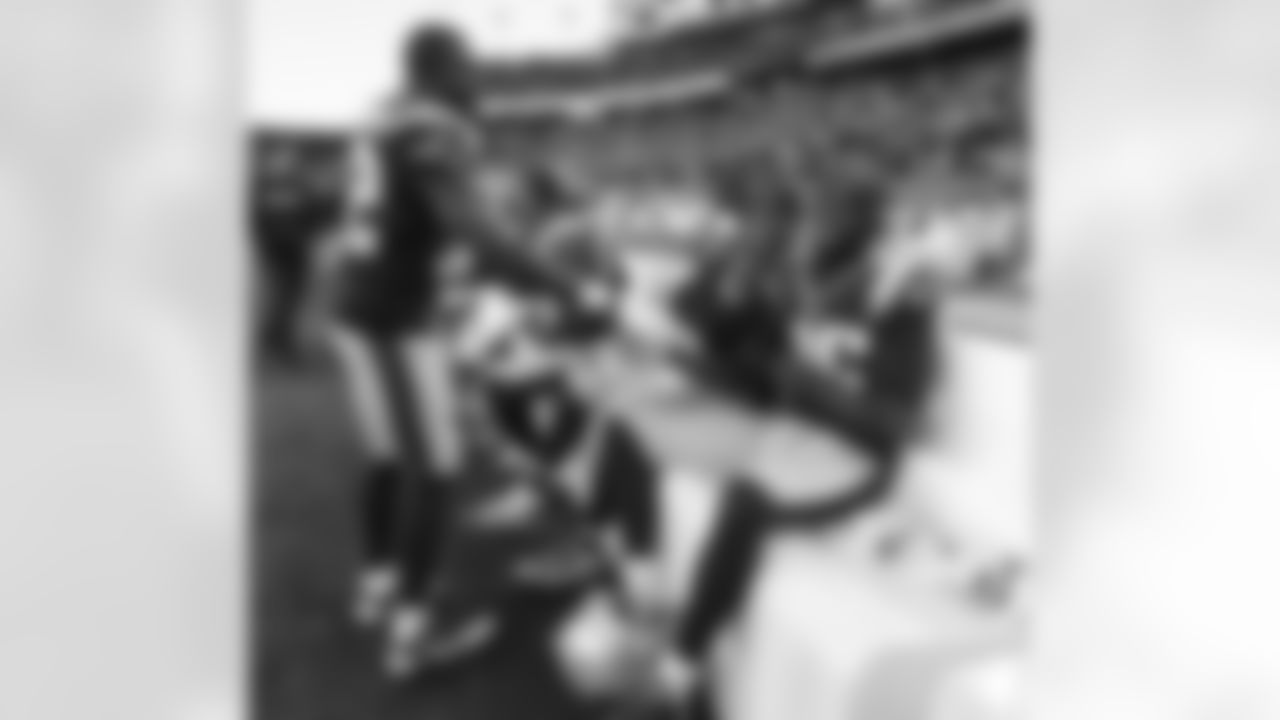
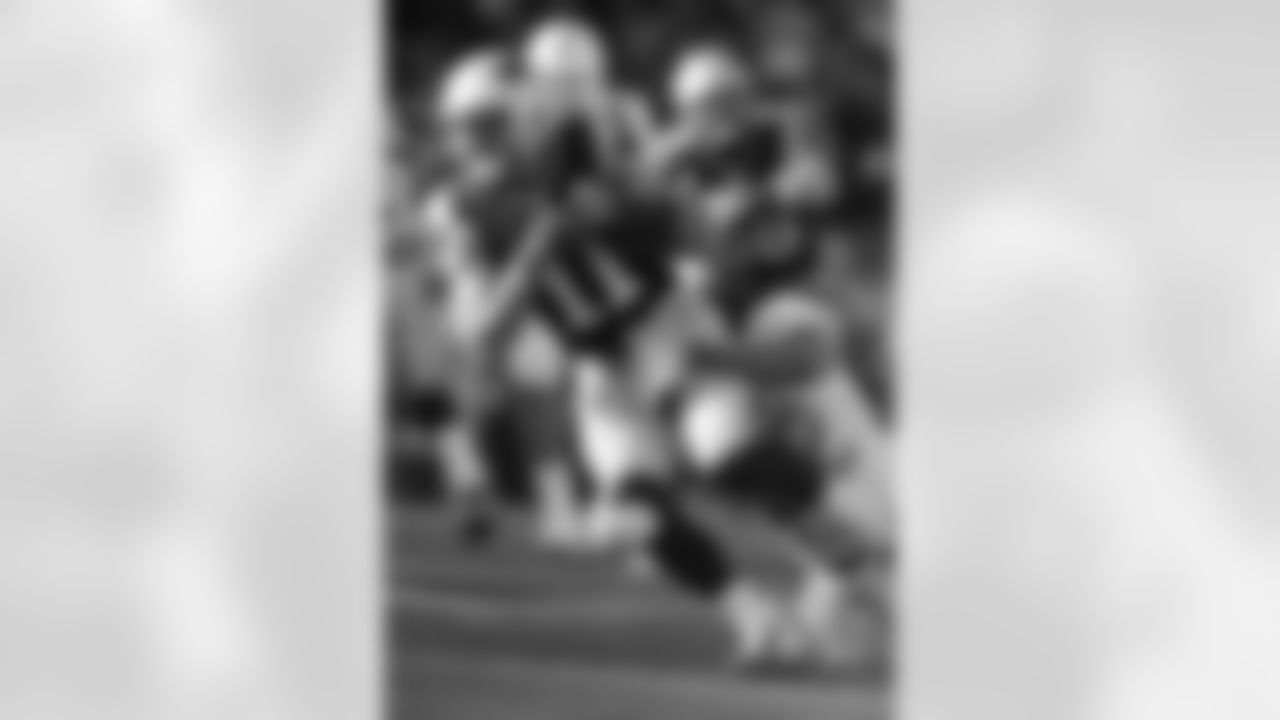
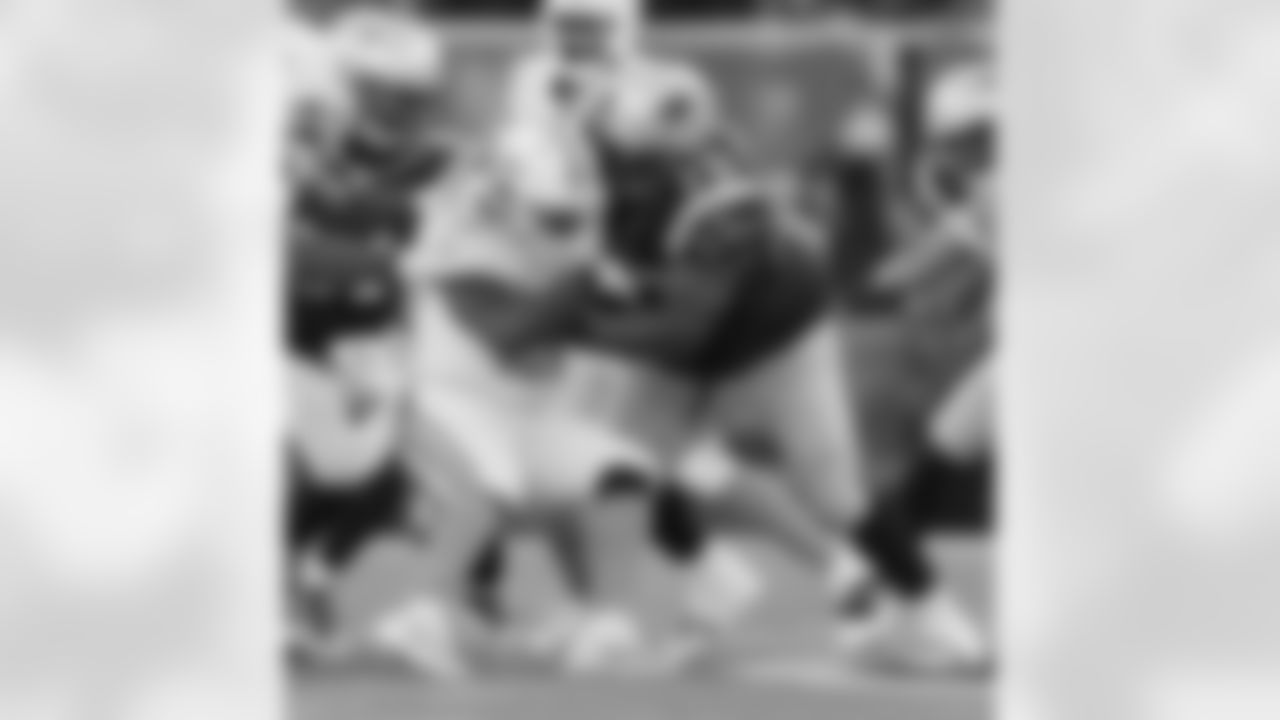
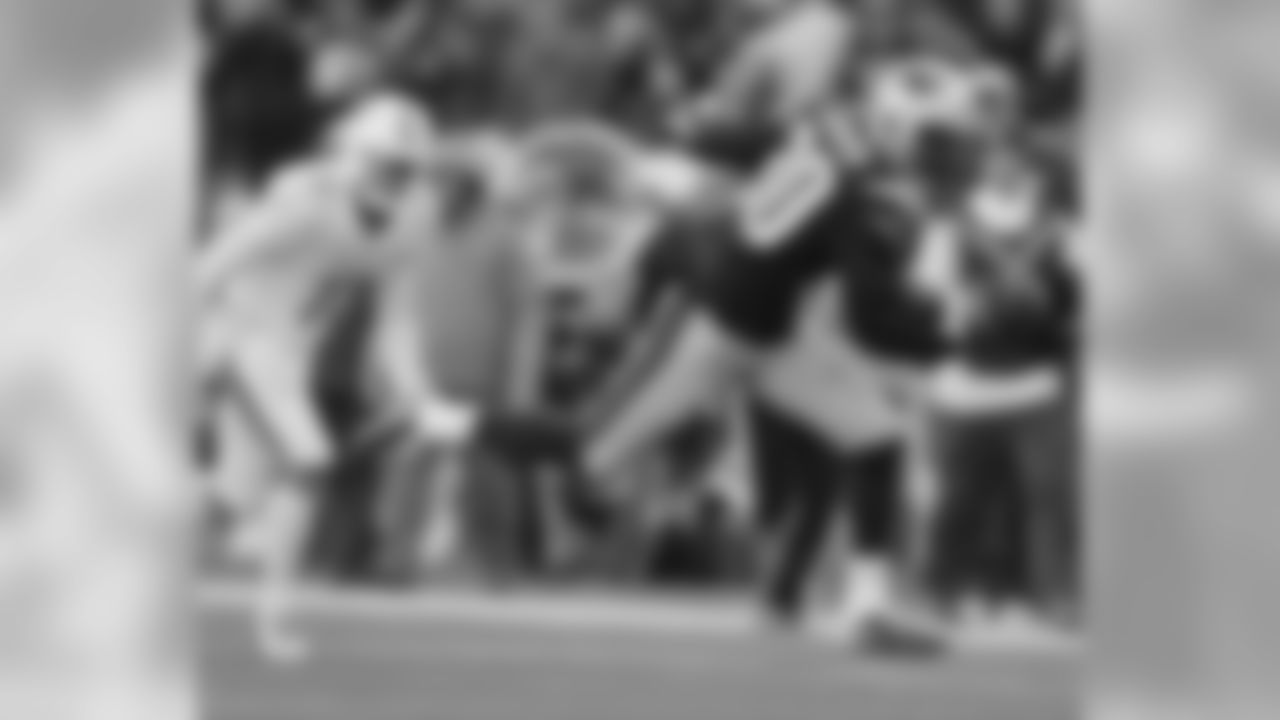
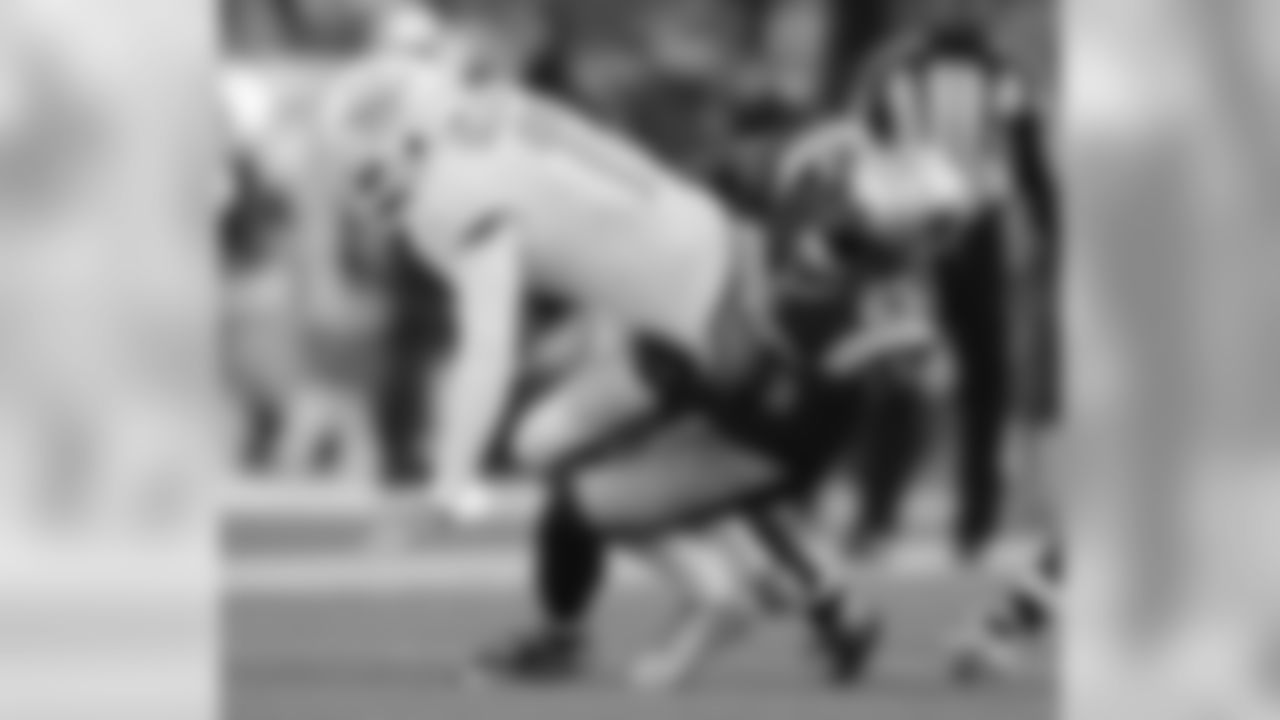
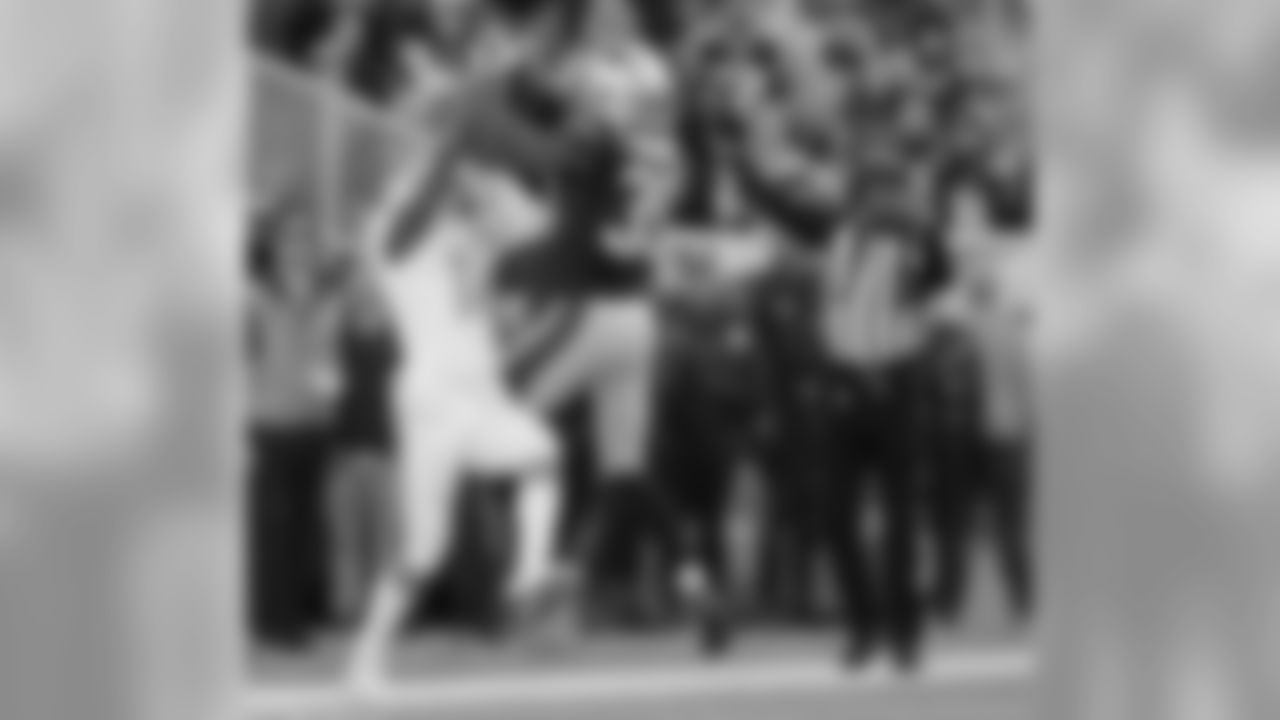
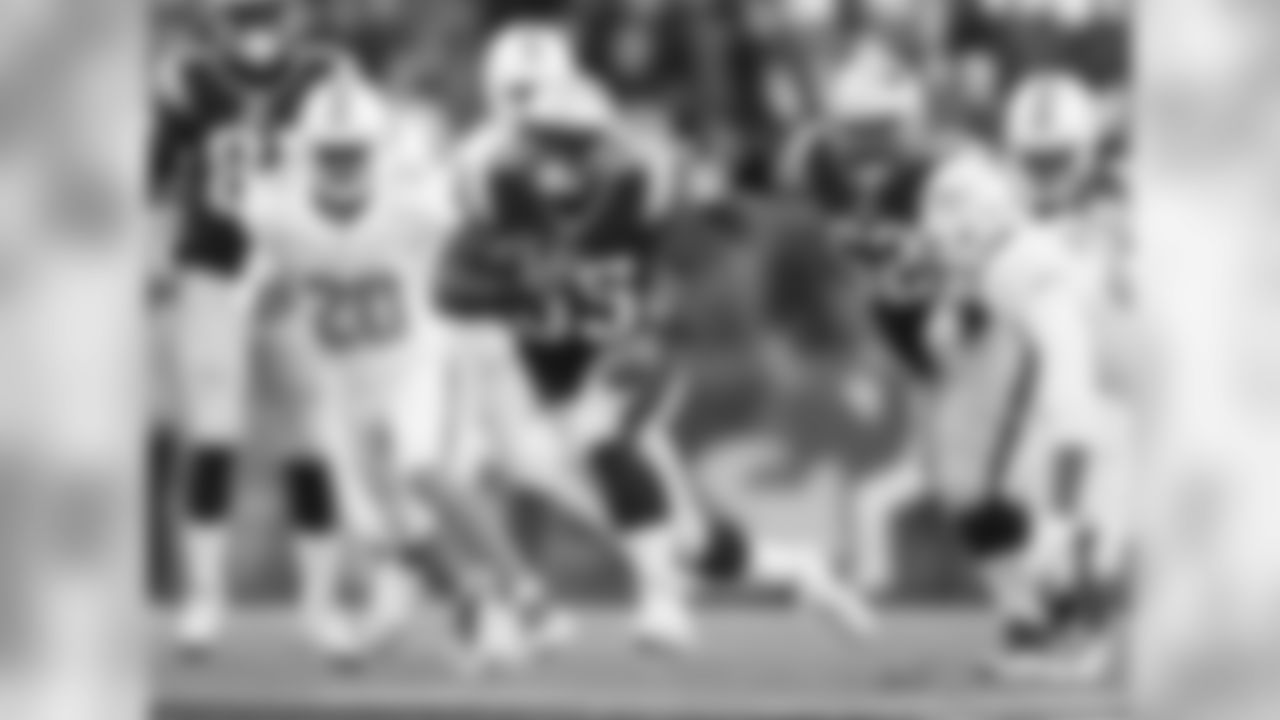
A participant makes his way through the ladder.Photo by Angelique Fiske
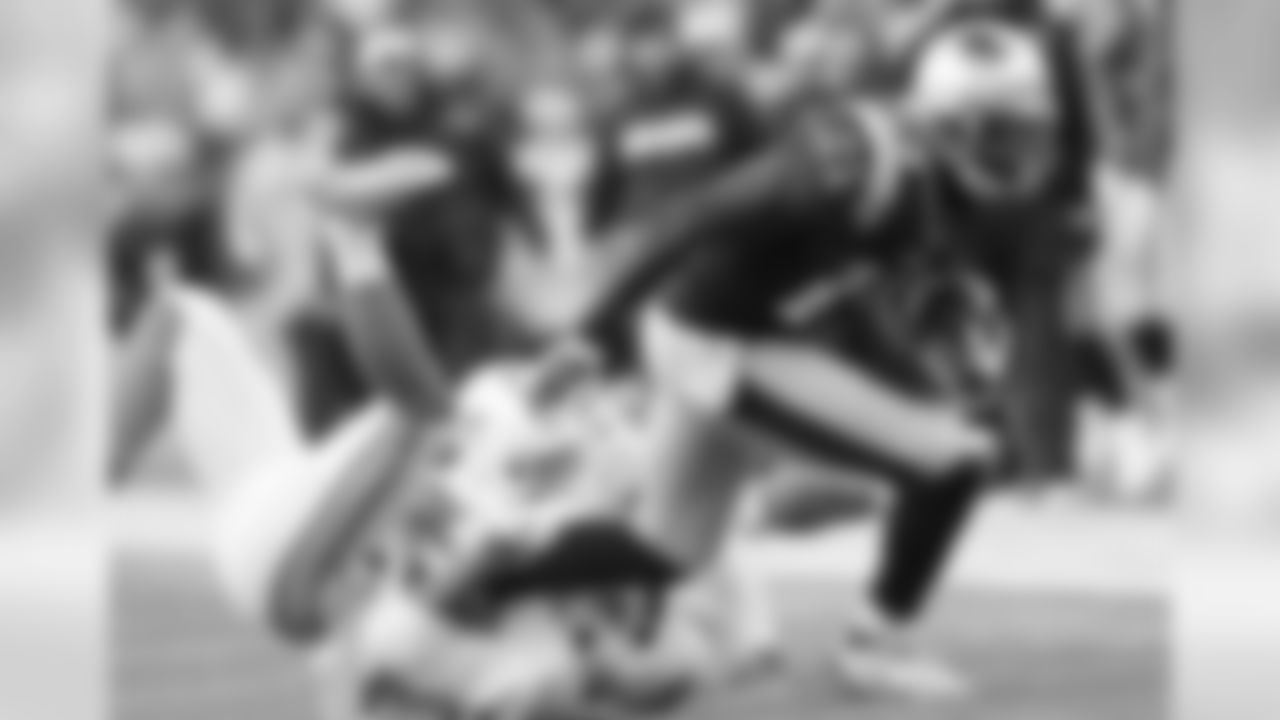
Two Harvard football players explain a drill to their group.Photo by Angelique Fiske
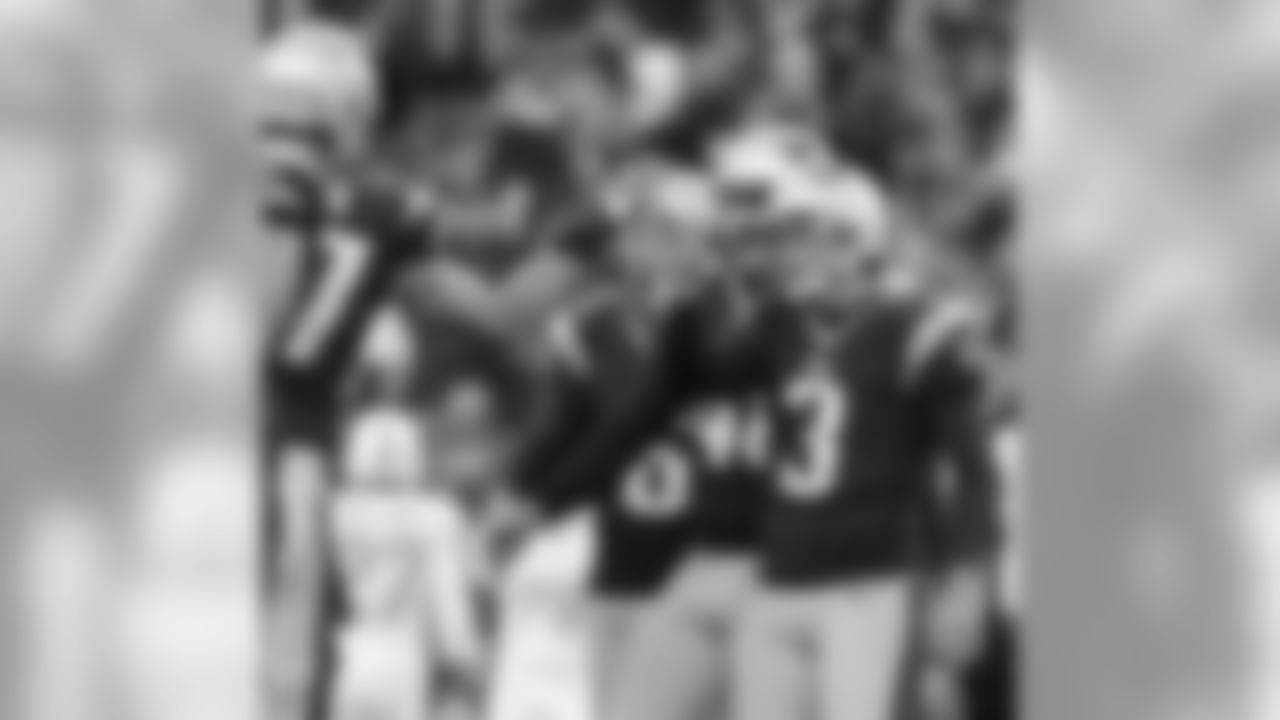
A student runs through the ladder as a Harvard player cheers him on.Photo by Angelique Fiske
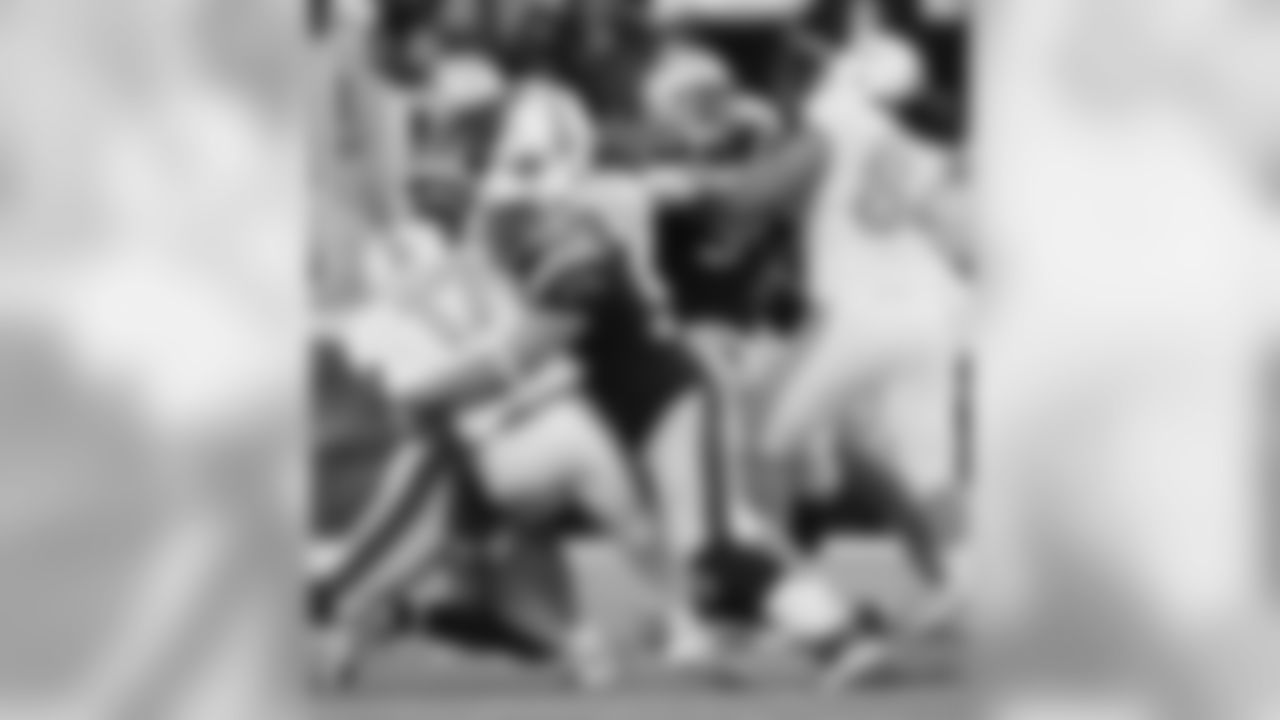
Jimmy Garoppolo prepares to catch a student's pass.Photo by Angelique Fiske
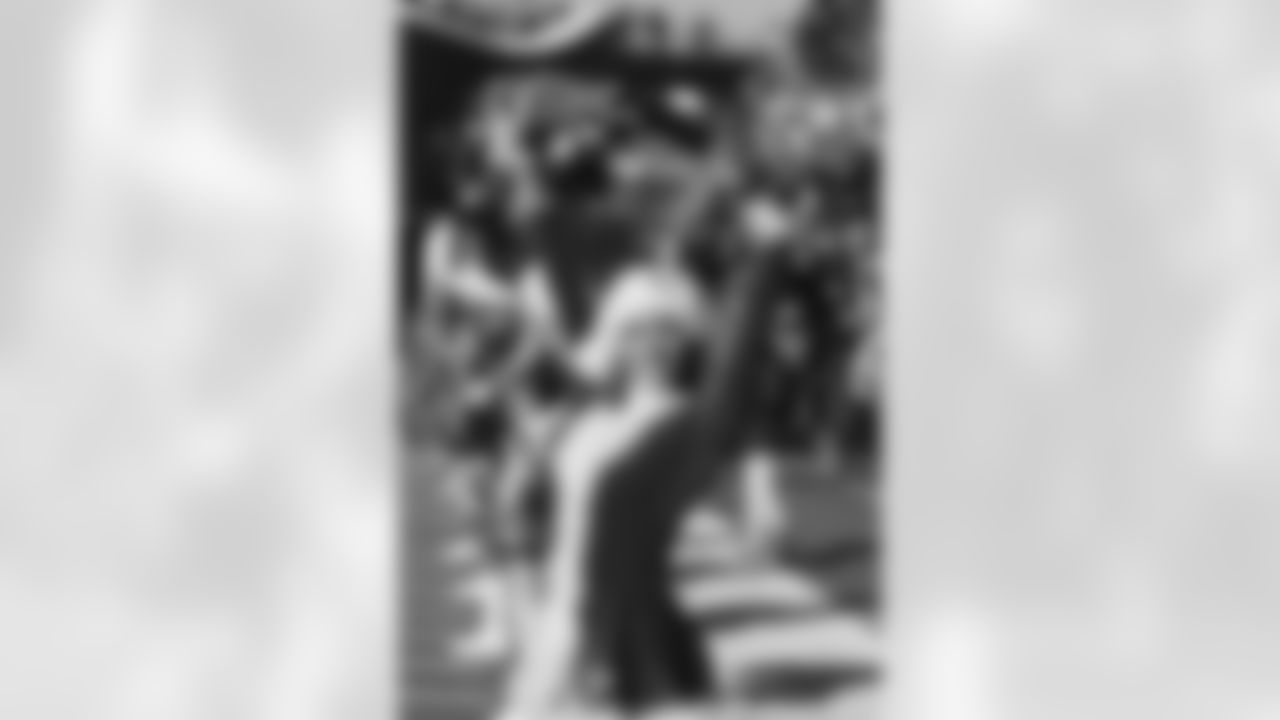
A player celebrates a completed pass to Jimmy Garoppolo.Photo by Angelique Fiske

Jimmy Garoppolo gives some advice before a drill.Photo by Angelique Fiske
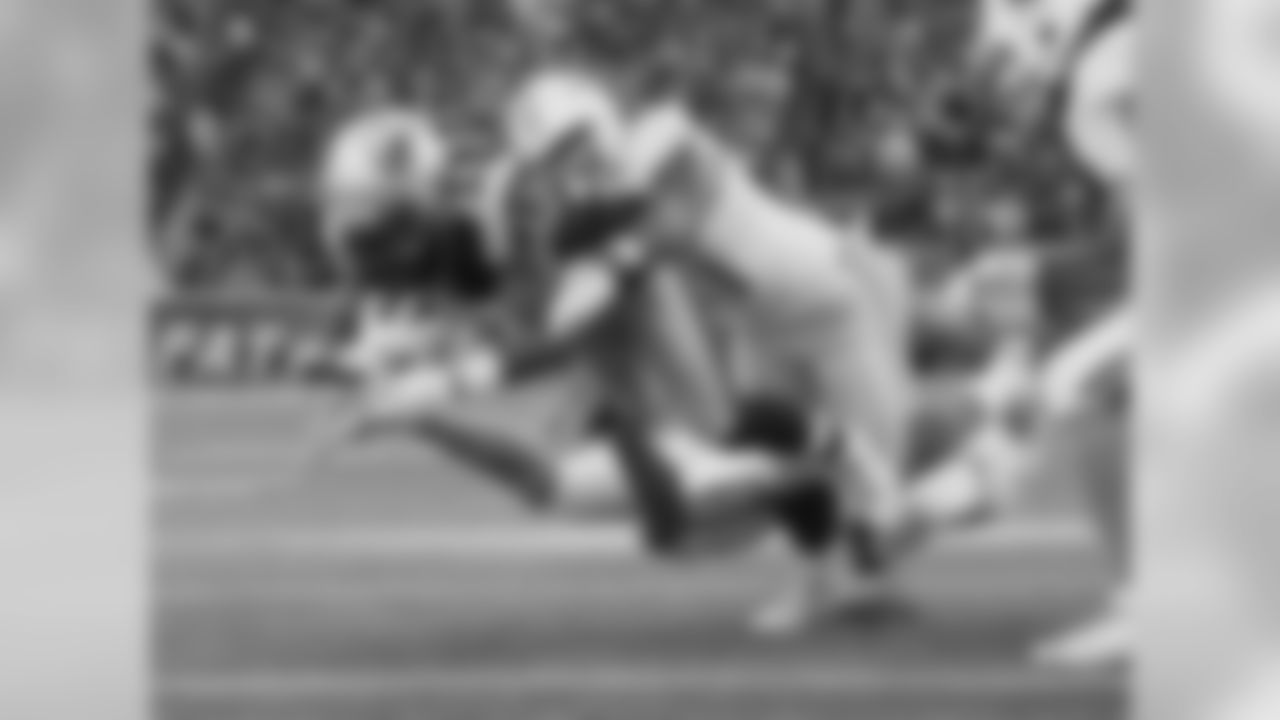
A player hits his target.Photo by Angelique Fiske
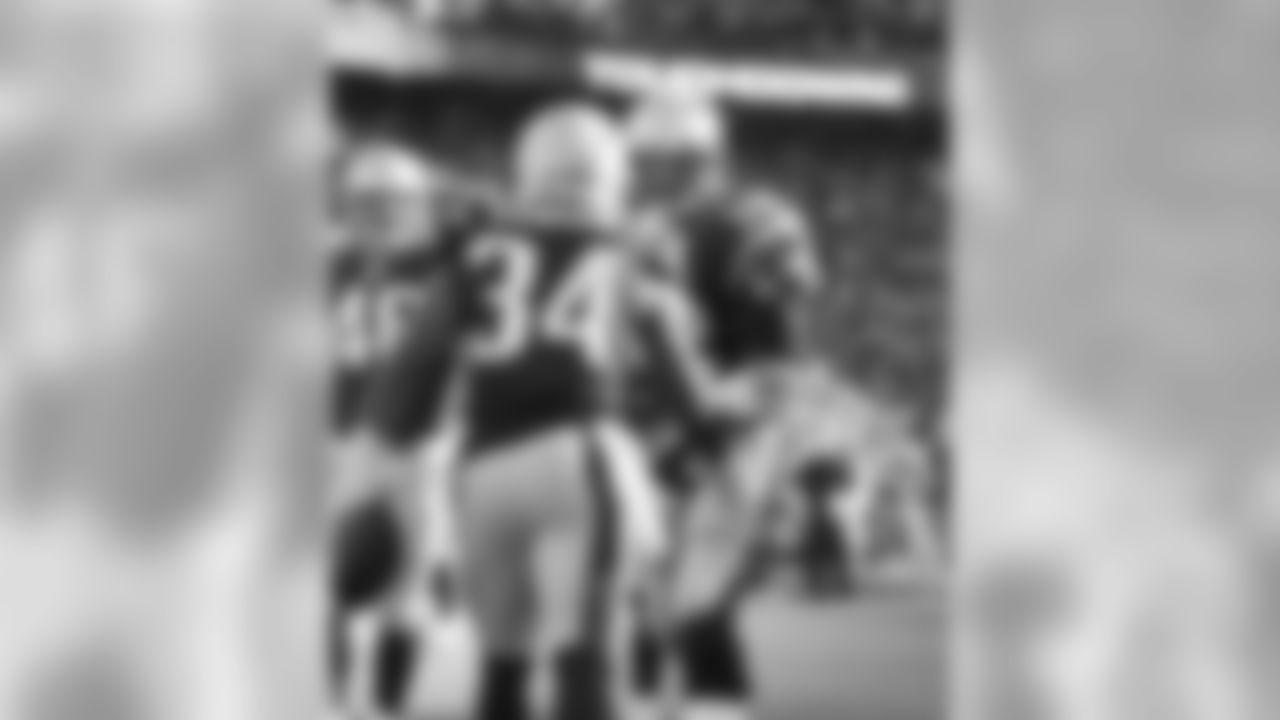
Bryan Stork and a Harvard player reset the target for a throwing drill.Photo by Angelique Fiske
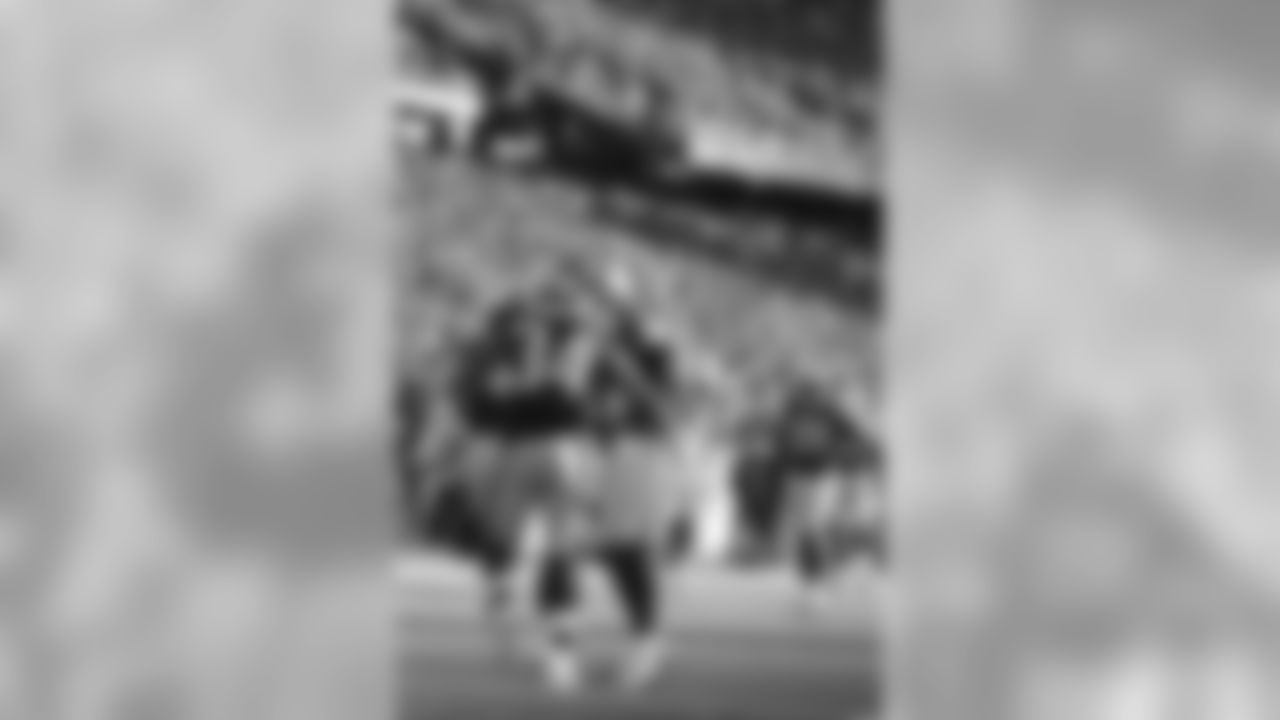
Bryan Stork and Jimmy Garoppolo pose for a picture at the AccesSport America event.Photo by Angelique Fiske
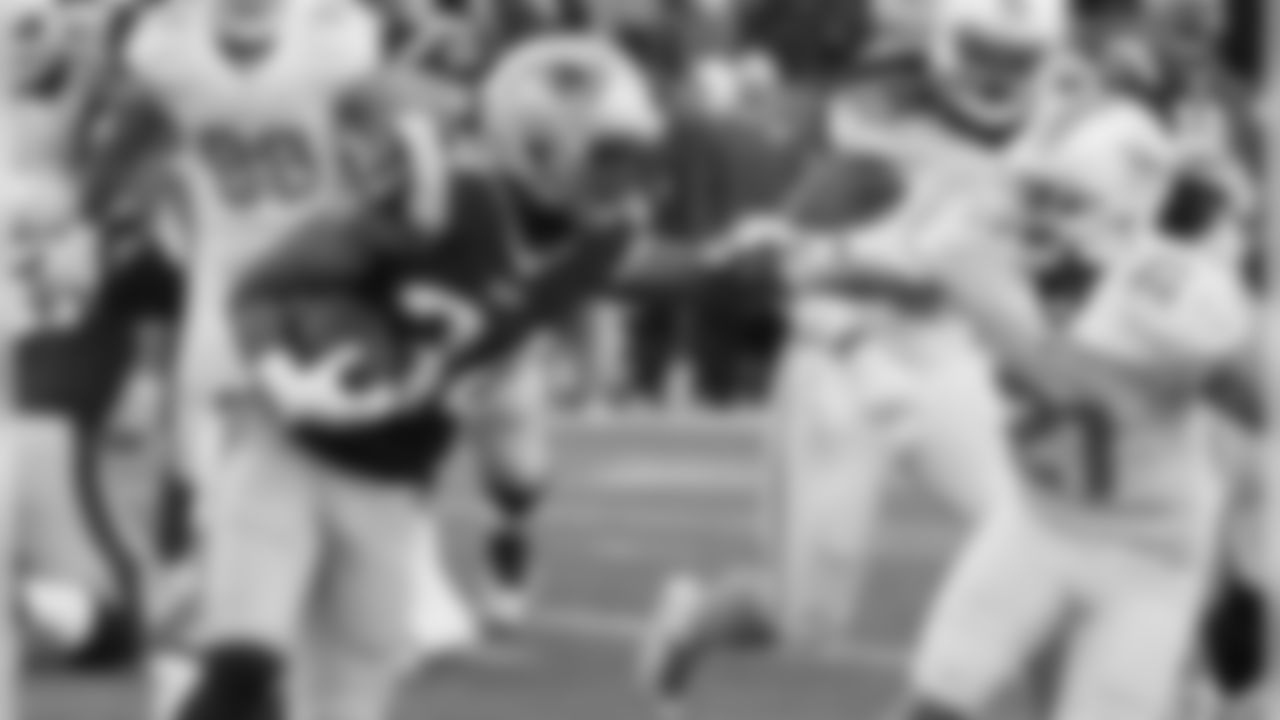
A participant faces off against a Harvard football player, who is ready to block.Photo by Angelique Fiske
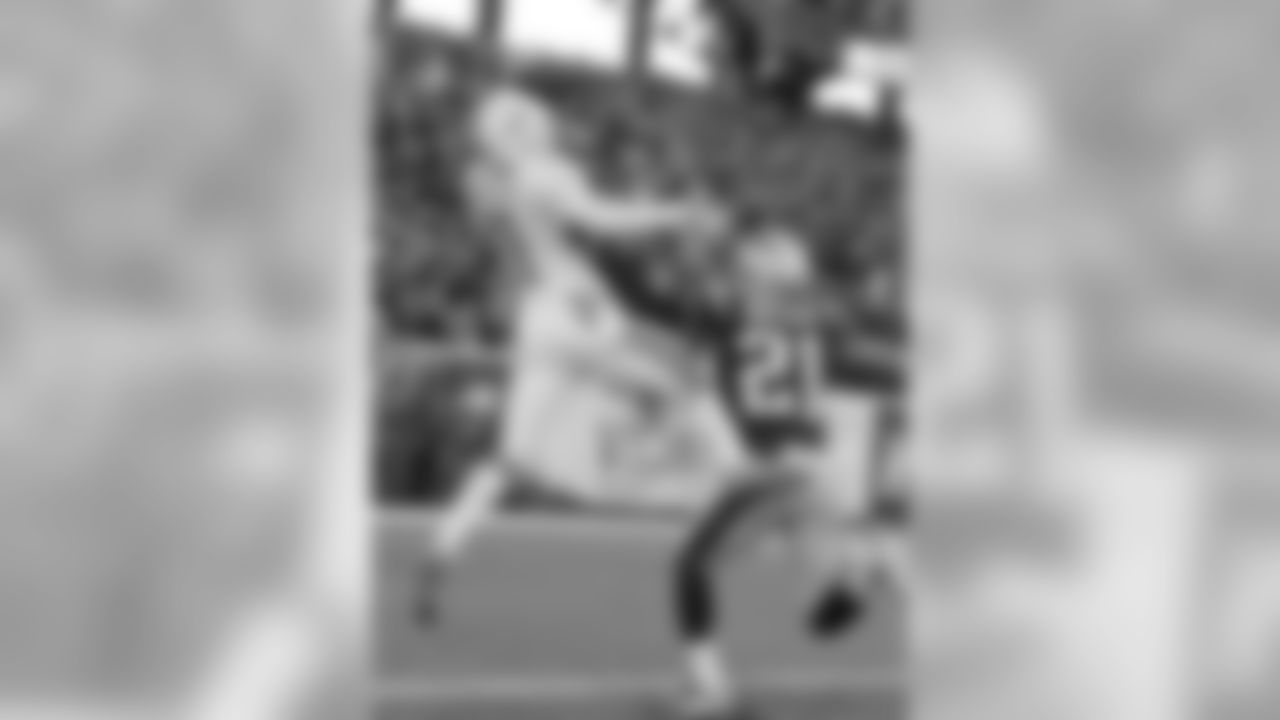
Participants, including Ross Lilley's son Josh (middle), pose for picture with Jimmy Garoppolo and Bryan Stork.Photo by Angelique Fiske
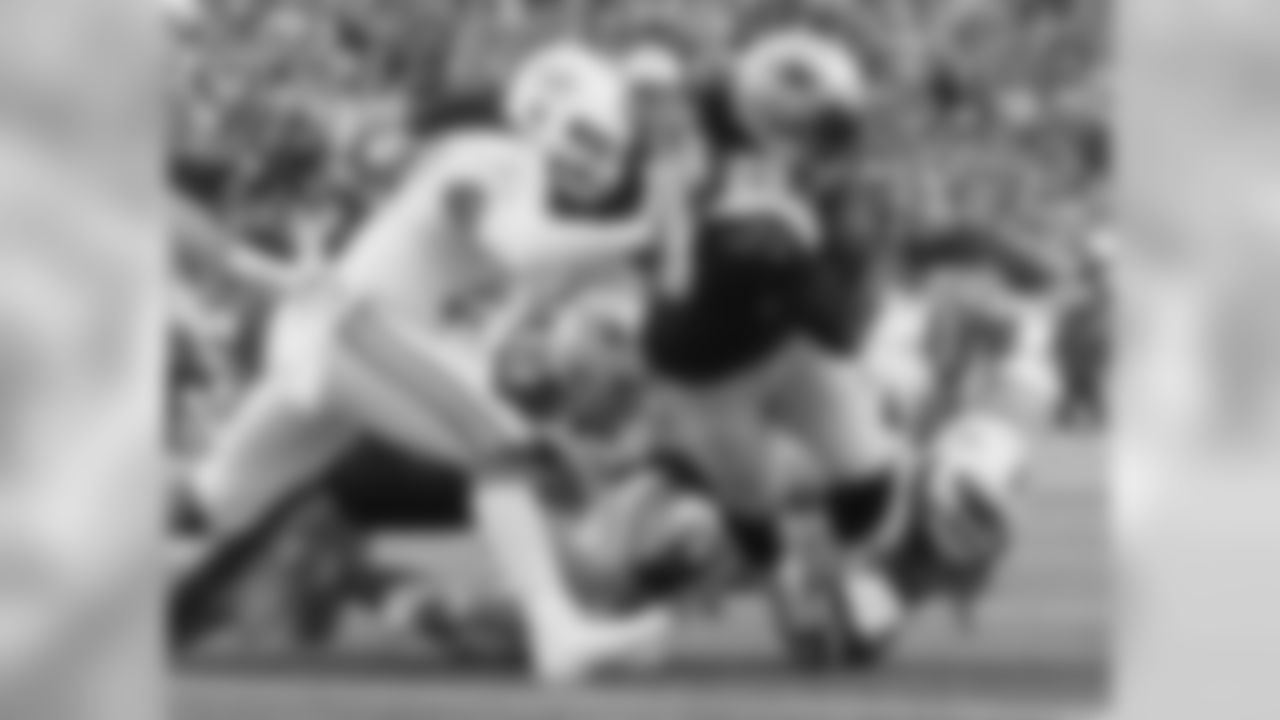
The Green Team stops for a picture with Jimmy Garoppolo.Photo by Angelique Fiske

Bryan Stork hands off the ball to a student at a passing station.Photo by Angelique Fiske
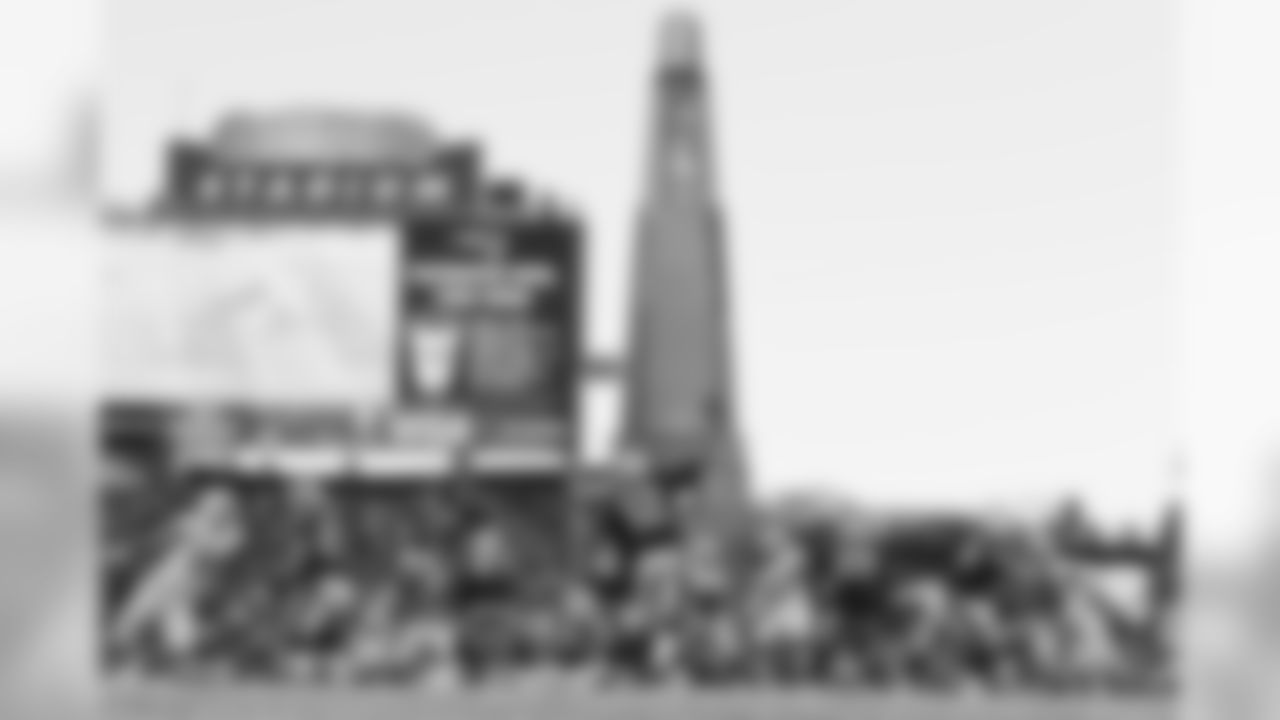
Jimmy Garoppolo prepares for the catch during a game of "Ultimate Football."Photo by Angelique Fiske

Bryan Stork talks with AccesSport America Executive Director and founder Ross Lilley.Photo by Angelique Fiske

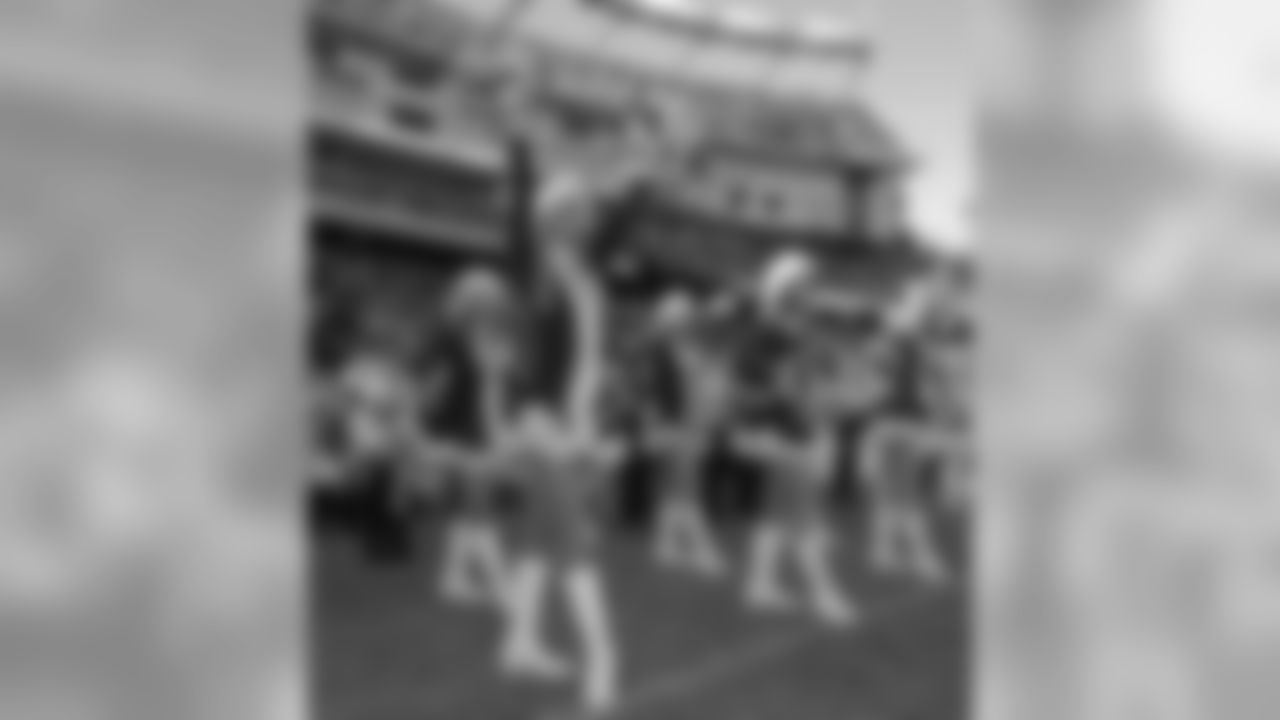
Participants, parents and volunteers pose for picture at the end of the event.Photo by Angelique Fiske
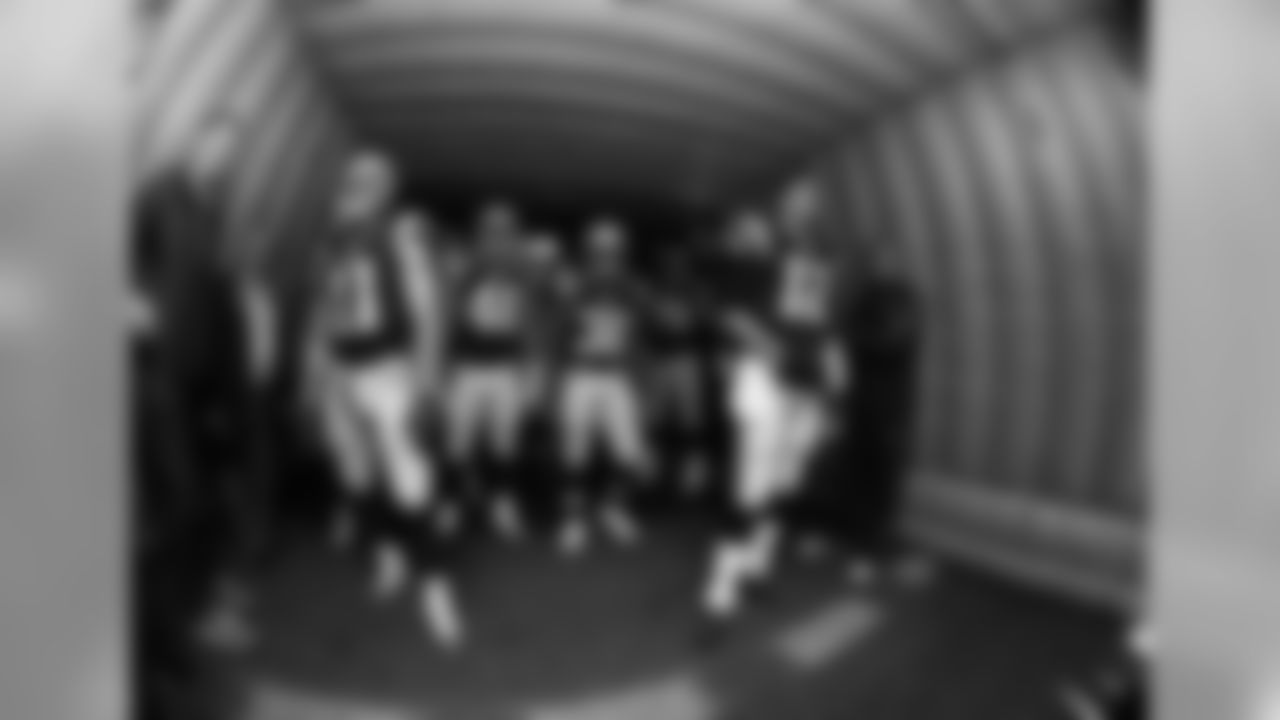
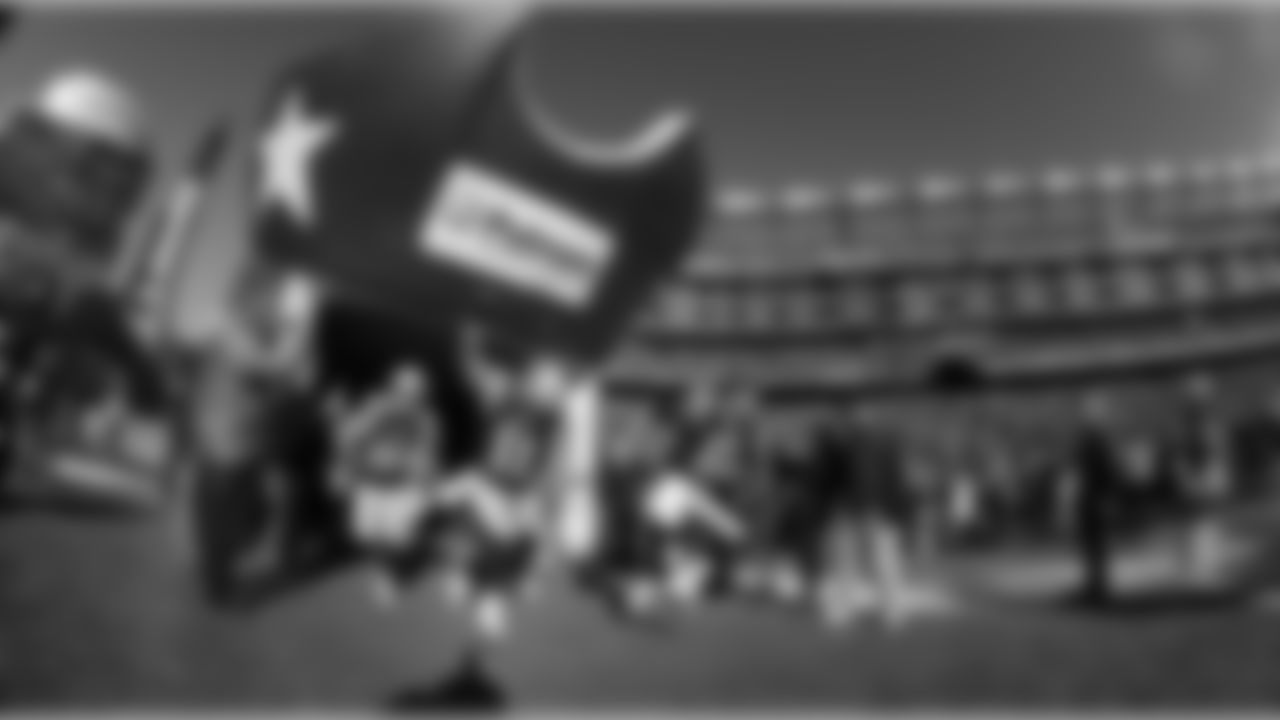
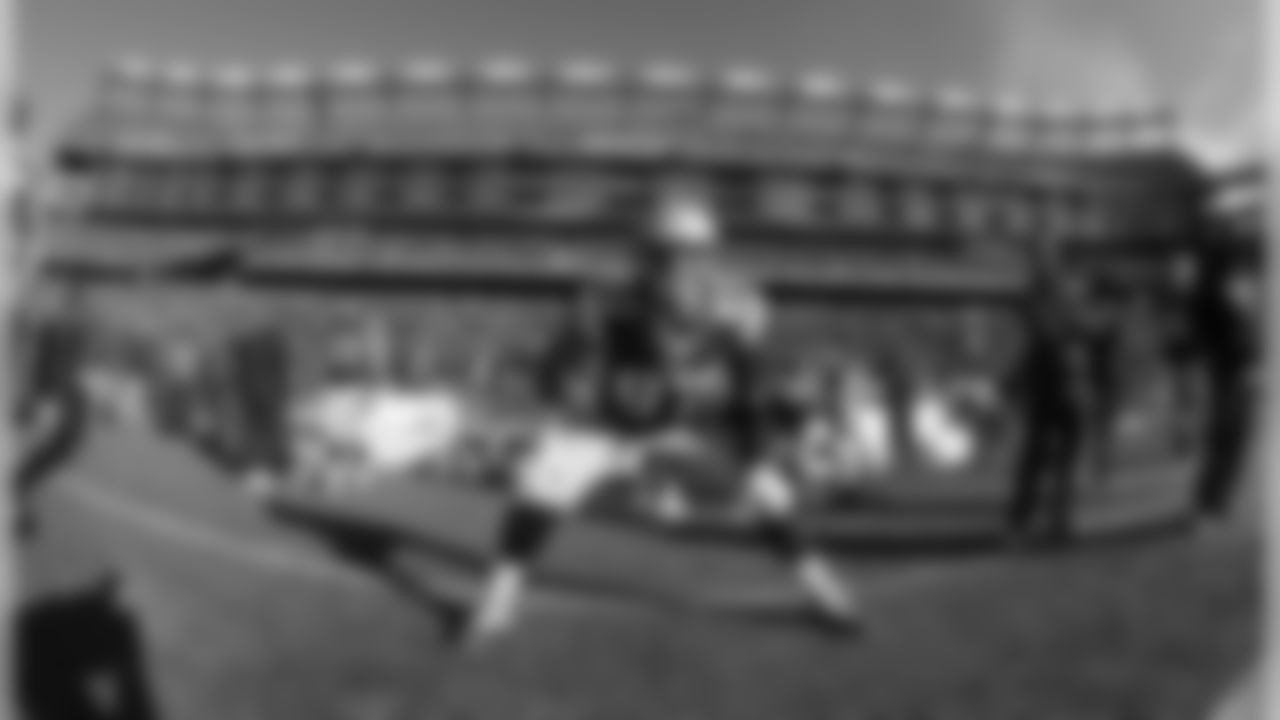

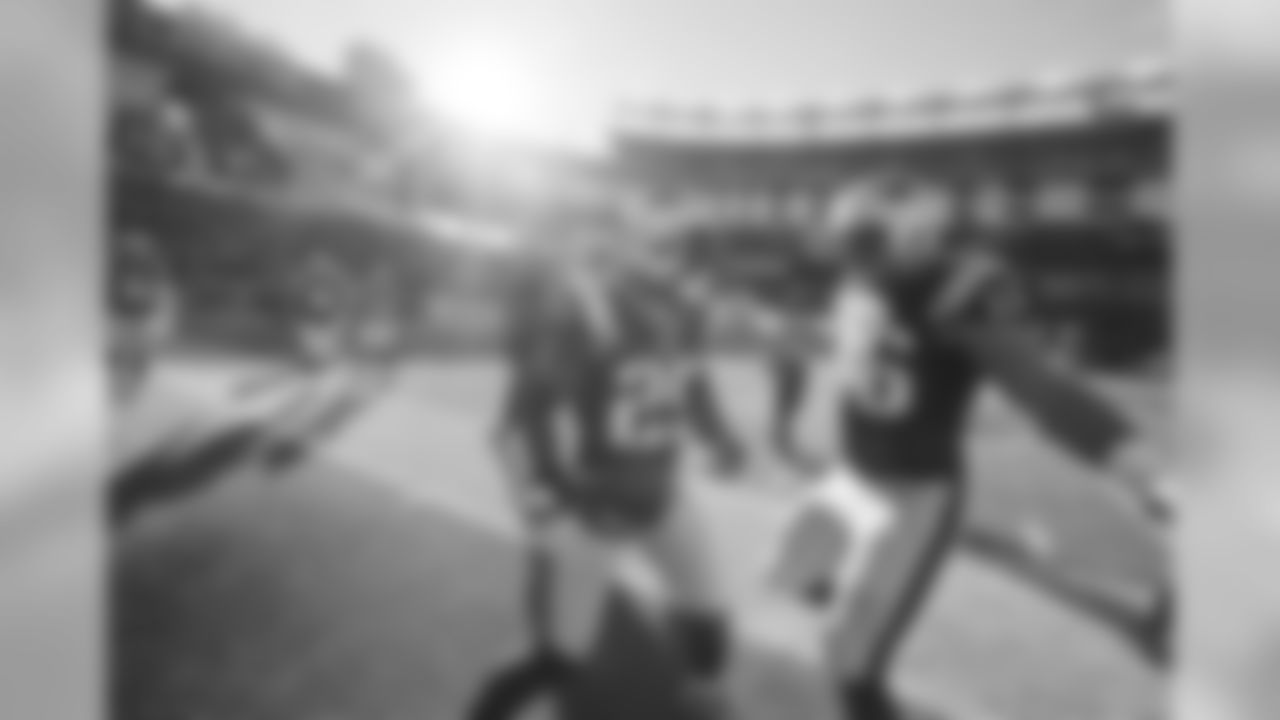
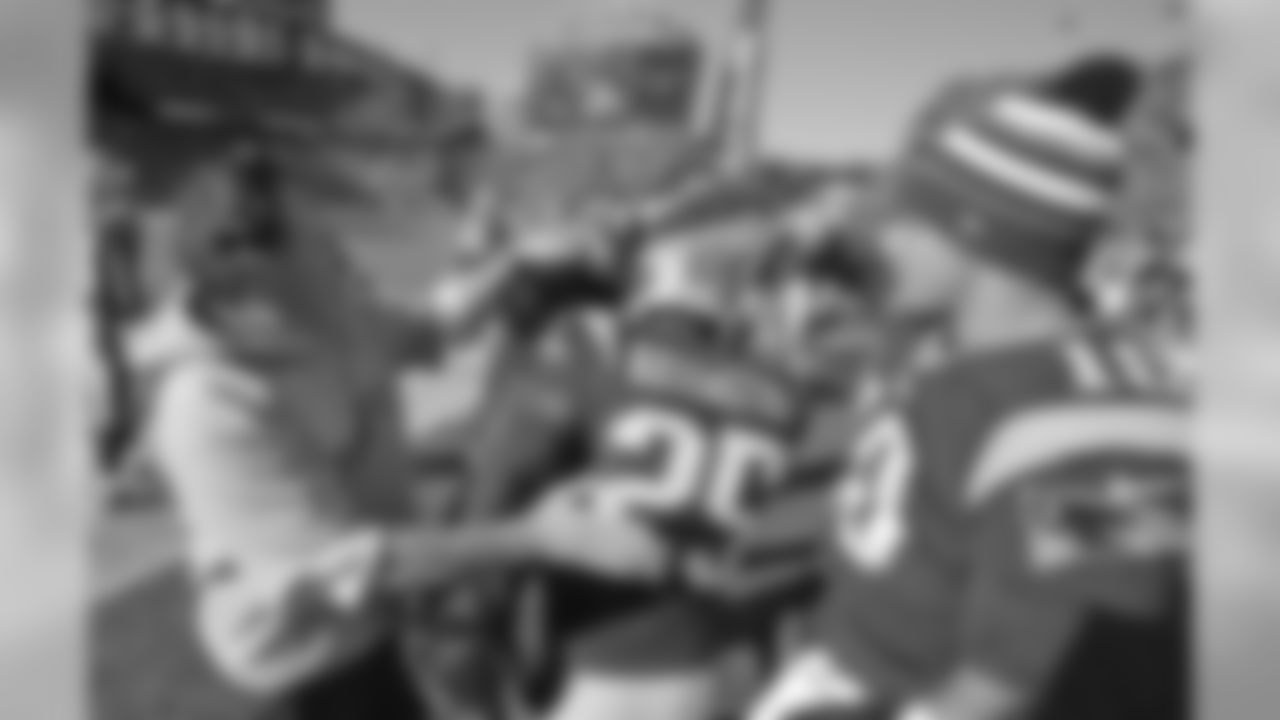
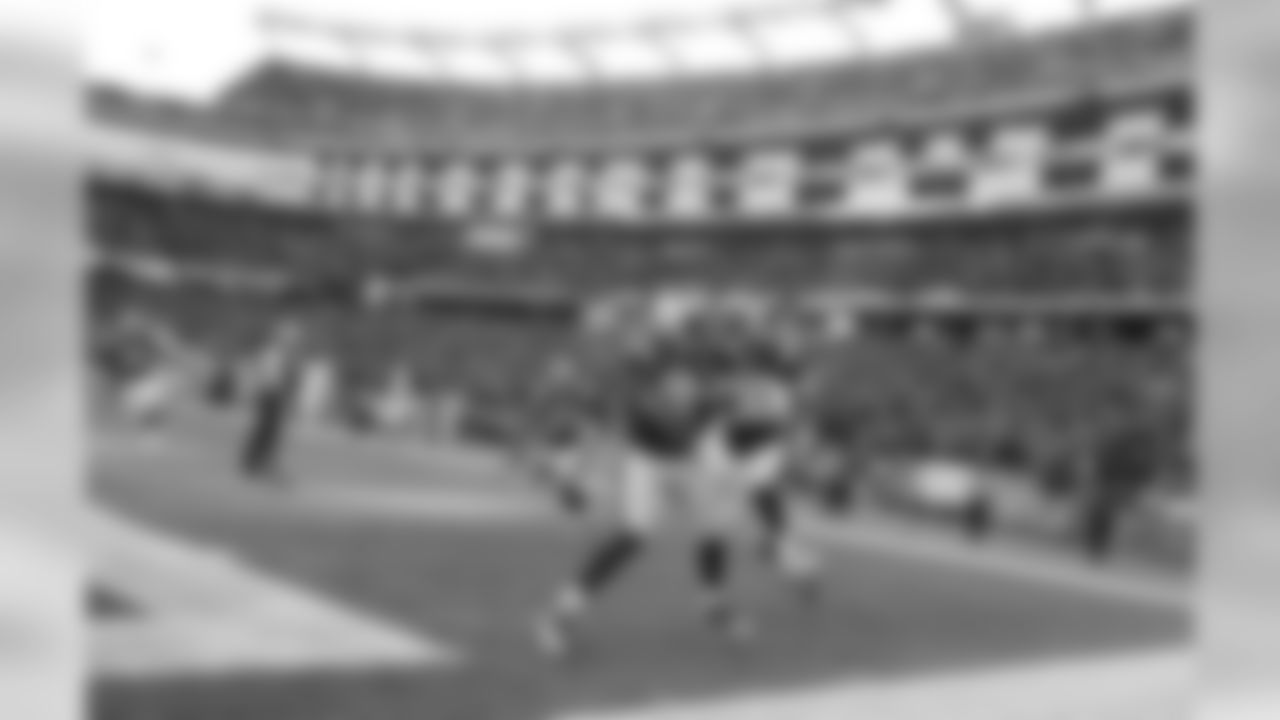
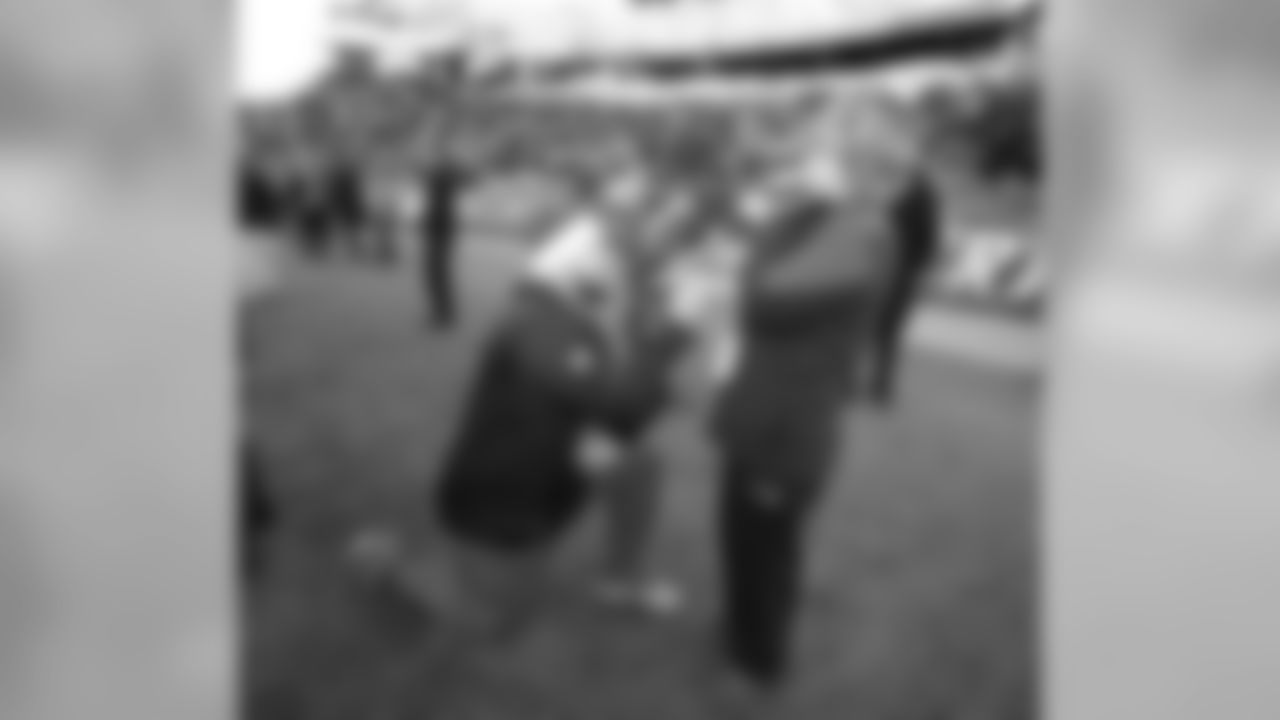
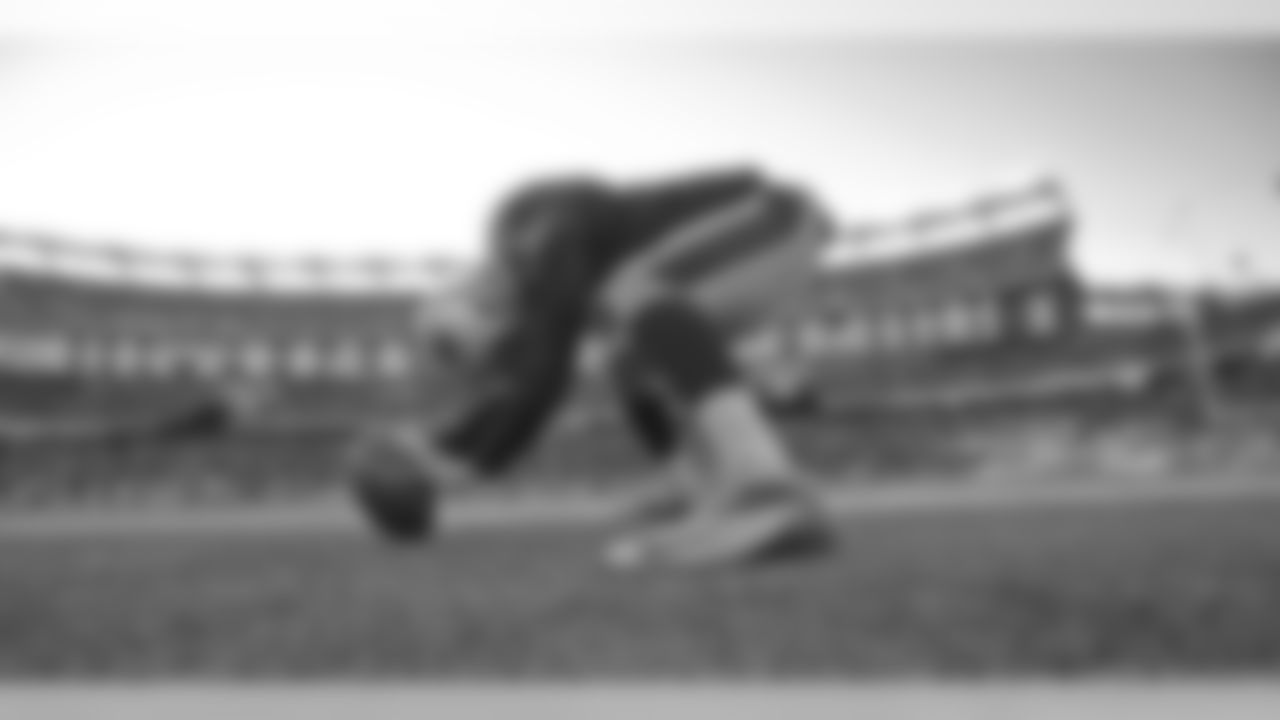
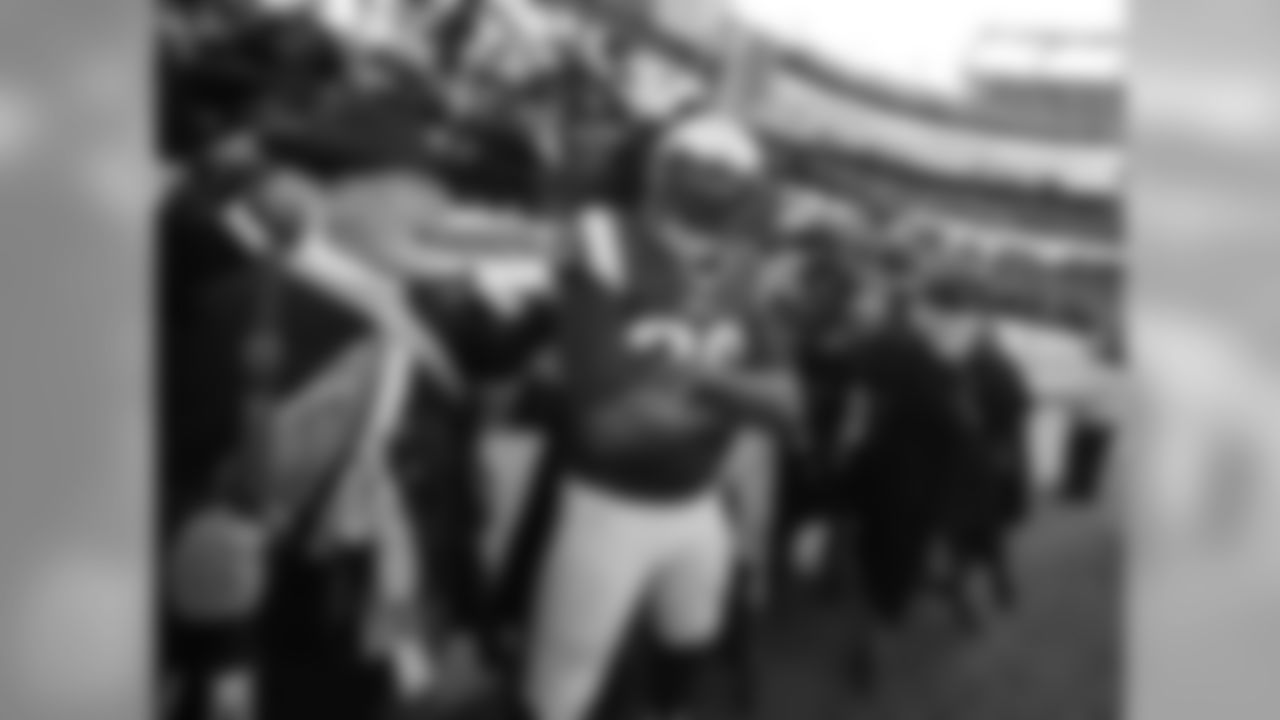
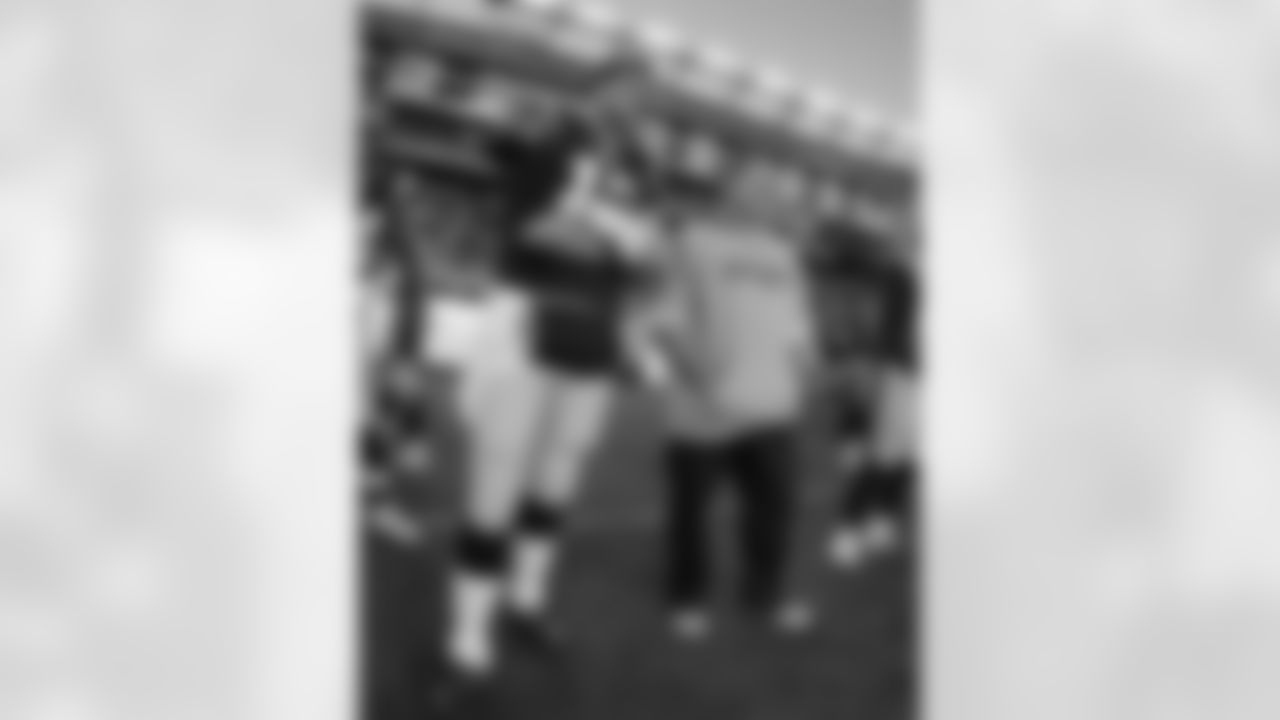
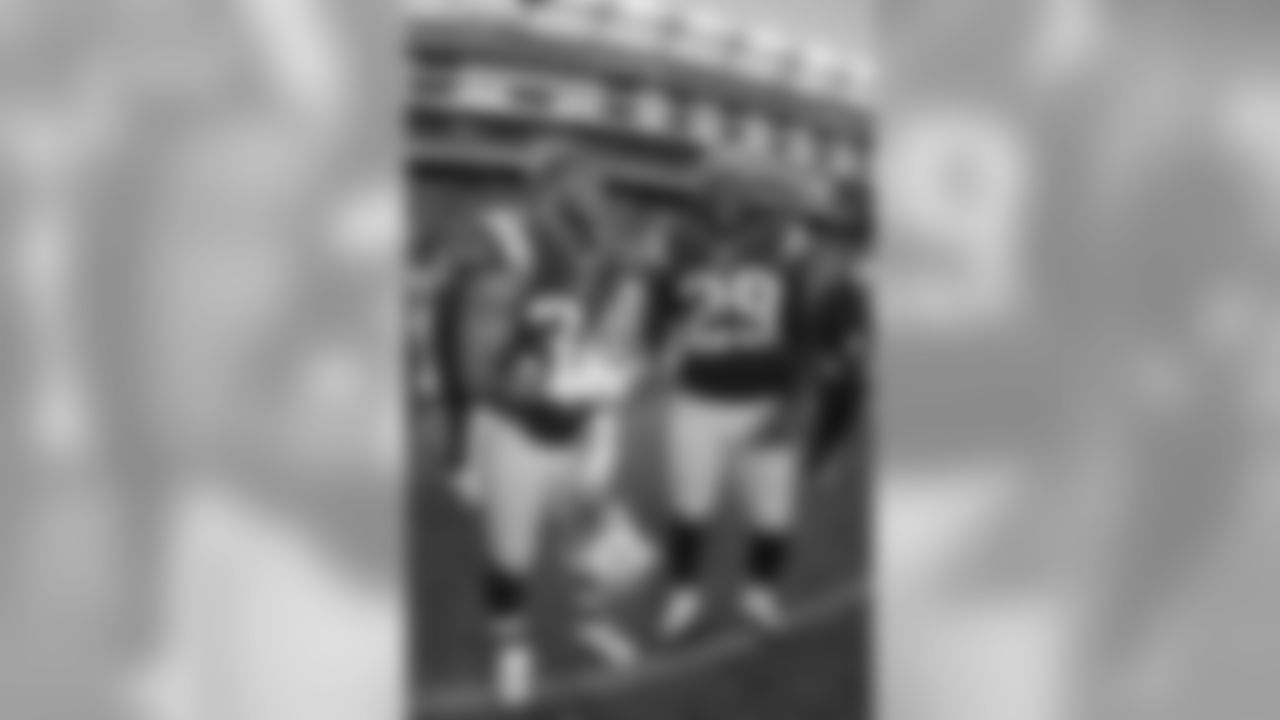
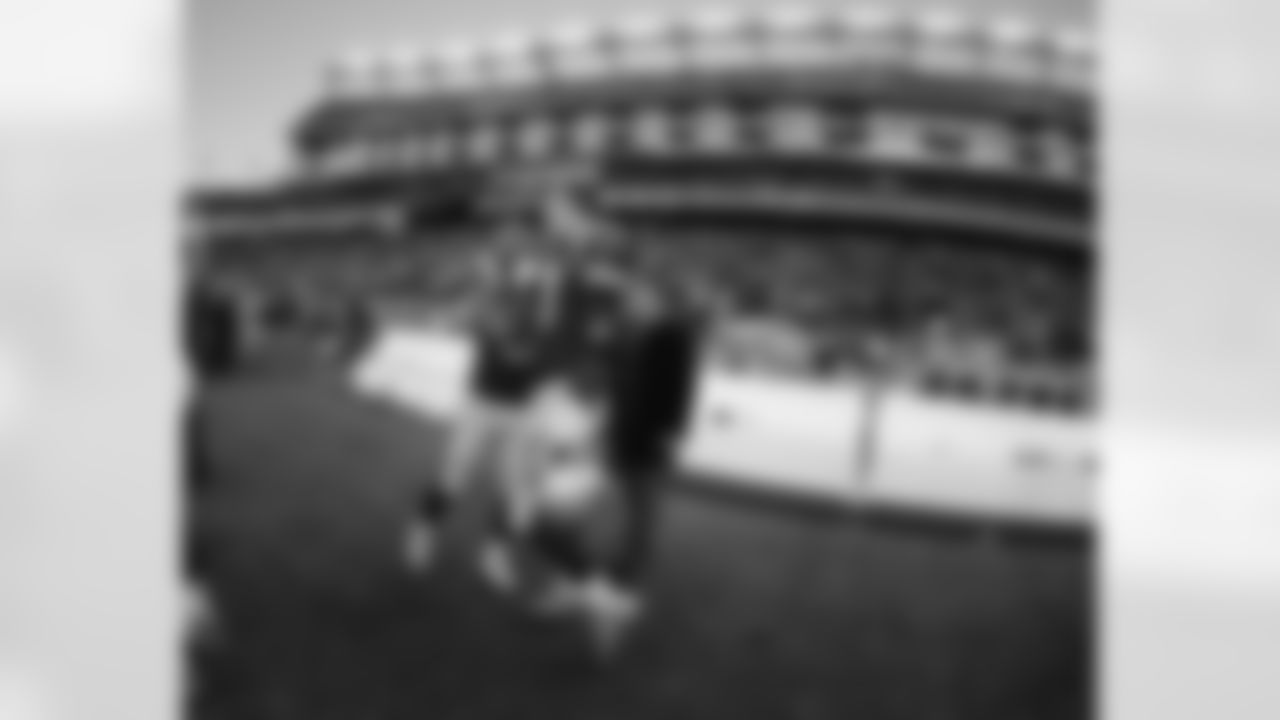
Q:** On the 32-yard punt return that Jarvis Landry had, Nate Ebner chipped two guys allowing Ryan Allen to get the punt off and made the tackle at the end. Can you speak to the effort on that play to keep him from going all the way?
BB: Nate definitely saved a touchdown on that. That play was just part of a sequence of poor plays that we strung together. On that particular play they tried to rush us, which is what we expected with so little time left. We didn't protect it very well, so the protection wasn't good. The coverage wasn't good. And he did make a good play to come over and save the touchdown and knock Landry out of bounds. But there were a lot of bad things on that play, just like there were a lot of bad things on the plays before it and the play after it. We strung several of them together there and it was a bad result and a bad way to go in at the half.
Q: How difficult is it for him to have to take two guys like that when they're coming up the middle?
BB: That's not what we're trying to do. We just didn't do a good job on the play. He's the last line of defense, so as the personal protector, you always try to take either the most dangerous guy or if they happen to be close together and you're able to somehow slow them both down – you know, you're just trying to do whatever you can to protect the odds that the punter can get it off. That's what his job his. He did a good job of it, but we did a lot of things wrong on that play. Like I said, that was just part of a bad sequence.
**
Q:** To follow up on that topic of the bad string of plays, thinking about it from a situational football standpoint, when you have the benefit of hindsight, were you OK with the approach to run it three times? Was that the smart situational play given the time or is that something that you look at and think you could have tried to be more aggressive there when you review it?
BB: I'd say the whole sequence, you just want to put the whole thing on me – bad coaching. It was a poor end of the half. Nothing we did is the way we wanted it to go, and so that's my fault. So it's bad coaching, I'll take responsibility for it and try to see to it that it doesn't happen again. It was a poorly coached sequence of plays, period. And poorly played, I might add, to go along with that.
Q: We saw a lot of disruption from Cameron Wake and Olivier Vernon in the first game and we didn't see much of that in this game. What did you see in the work of your tackles and end-of-line players on offense?
BB: I thought we had our moments. Our tackles did a decent job on them in the first game. I thought they did a decent job on them yesterday. Not perfect in either case. But again, I think the score was a big factor in the game. We were able to play from ahead; we were able to control the game on the offensive line. They played from behind. They ran into the same issues in this game that we ran into in the first game, which I think were related more [to] the score and the situation than everything else. I'm not taking anything away from the job that Marcus [Cannon] and Nate [Solder] and Sebastian [Vollmer] did because they did a good job and they did a good job to give us the opportunity to get ahead and play form ahead, so that was a big part of it, too. The situation we were in down there was all in the second half, it was all when we were behind. The same thing happened to Miami yesterday. Their problems in protection came primarily in the second half, in the fourth quarter, when the score of the game dictated the way the game was going. That puts a lot of pressure on anybody's offensive line and passing game.
**
Q:** For guys that potentially could be an every down player, like Jamie Collins, from your experience, is it to be expected that a player approaches his special teams role with the same focus and mentality or is that something you seek out in a player that he approaches his role on special teams with the same mentality as he would any other play when he's on the field on defense or offense?
BB: Well, I think that's what a good football player does, put it that way. I think that's what a good football player does. A good football player competes on every play, tries to help his team wherever he can in whatever his role and opportunity is. That's what good football players do. Guys that are less than that, do less than that. Guys that do that, that's what makes them good football players. When I was with the Giants, Lawrence Taylor was on four special teams. So, I don't think that's what it's about – and made an impact on all of them, too; he wasn't just out there taking up space. Whether it's [Julian] Edelman or Collins or [Rob] Ninkovich, you can go right down the line, the guys that are out there – we've had them in the past, the [Rodney] Harrisons, the [Tedy] Bruschis, the [Mike] Vrabels, the [Lawyer] Milloys, Troy Brown – some of our best players made some of the biggest plays in this franchise's history in the kicking game. Players that are competitive that want to help their team win, want to help their team win in every situation, not selectively. Like they're just going to do it here, do it there, because that's when it's convenient or when they feel like – good football players, championship players, winning players, they do it every chance they get.
**
Q:** We haven't seen much of Jonas Gray in the past few weeks. What went into the decision to play him in the second half and what has he brought to the backfield?
BB: I thought Jonas ran well yesterday. I thought he ran well. Obviously, we had a lot better opportunities; we did a lot of things better in the second half than we did in the first half. So, run blocking, pass blocking, running, passing, I mean, all the above were better. But he did a good job with his opportunities. We have confidence in all our backs. They've all been productive for us. Whichever ones are in there we have confidence in.
Q: Is there a different style that he brings from the other backs?
BB: I think each of our backs has their own unique style. I'd say this group has a variety of styles, if you will, and they've all been productive.
Q: On Tom Brady's 17-yard run yesterday at the end of the play, it sounded like Tom thought he might hear a suggestion from the coaching staff to maybe get down next time and slide. Is that a situation where you'd rather see him get down and try to avoid a hit?
BB: Well, you know, I never – I've coached for a long time and I don't question players' decisions on the field when they try to make them to help the team win. I think that they do the best that they can. They're trying to win; they're trying to win just as much as everybody else on the team is. I'm not saying every decision is a great one, and the same thing with a coach, same thing with me. I'm not saying every decision is a great one, but every one is made with the intention to help our team win and do the best that I can, or an individual player can for the team. So, I don't second-guess those. I think what he does at the time he does it is what he thinks is best and I don't second-guess him.


